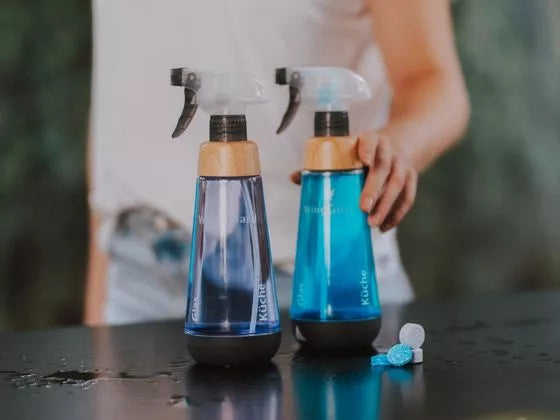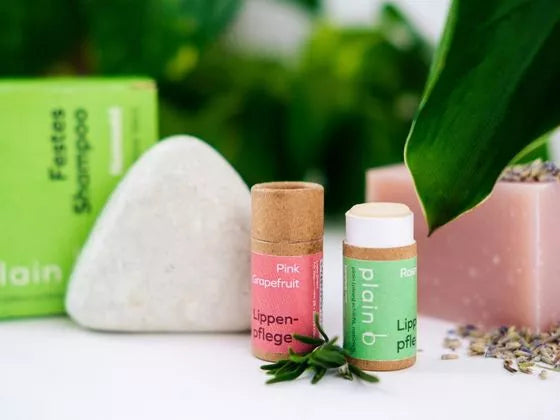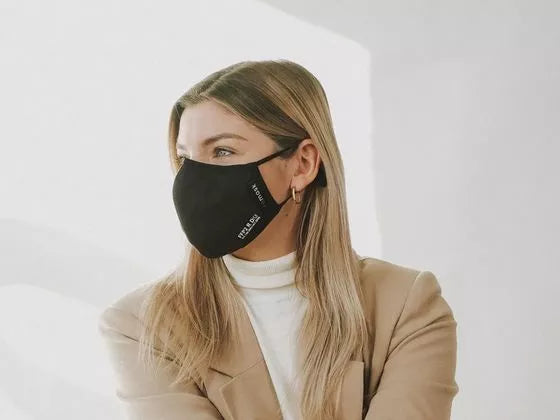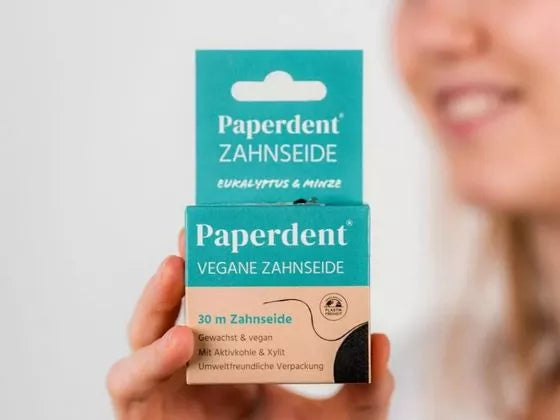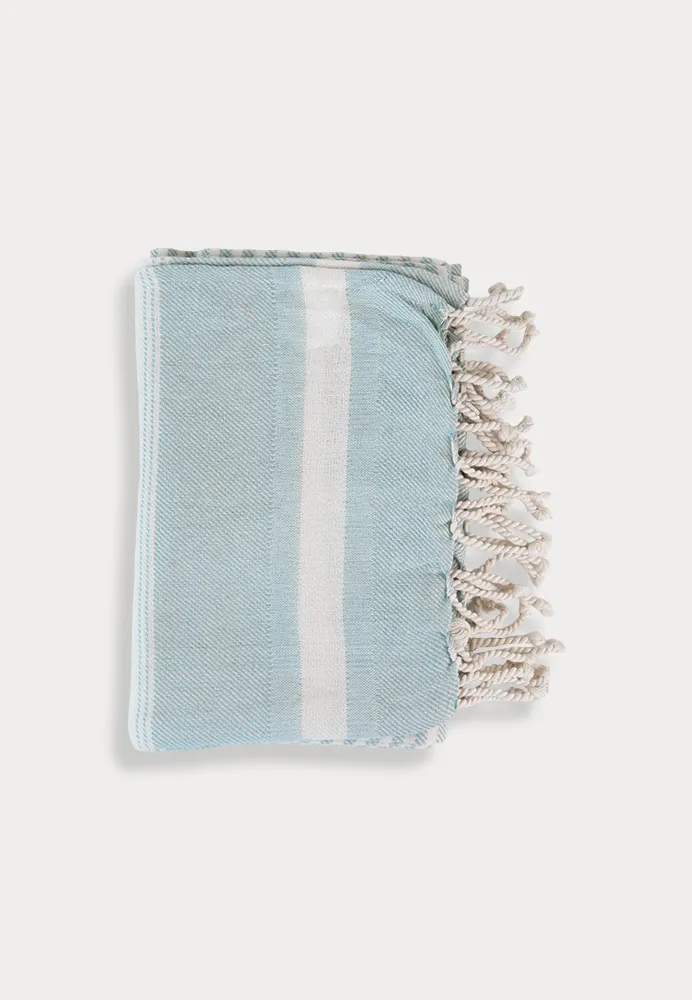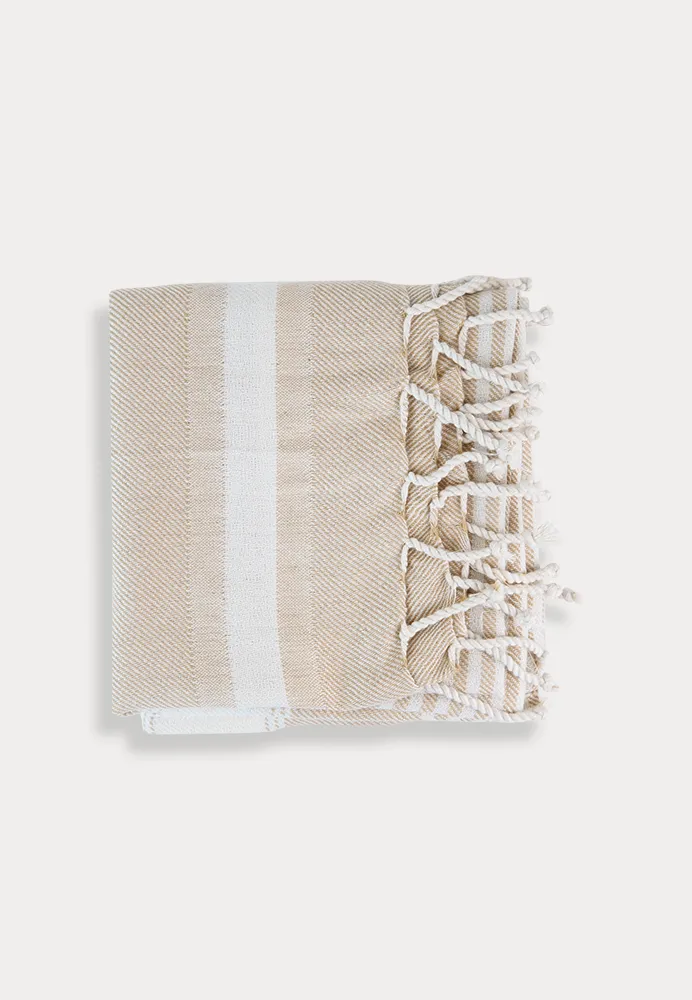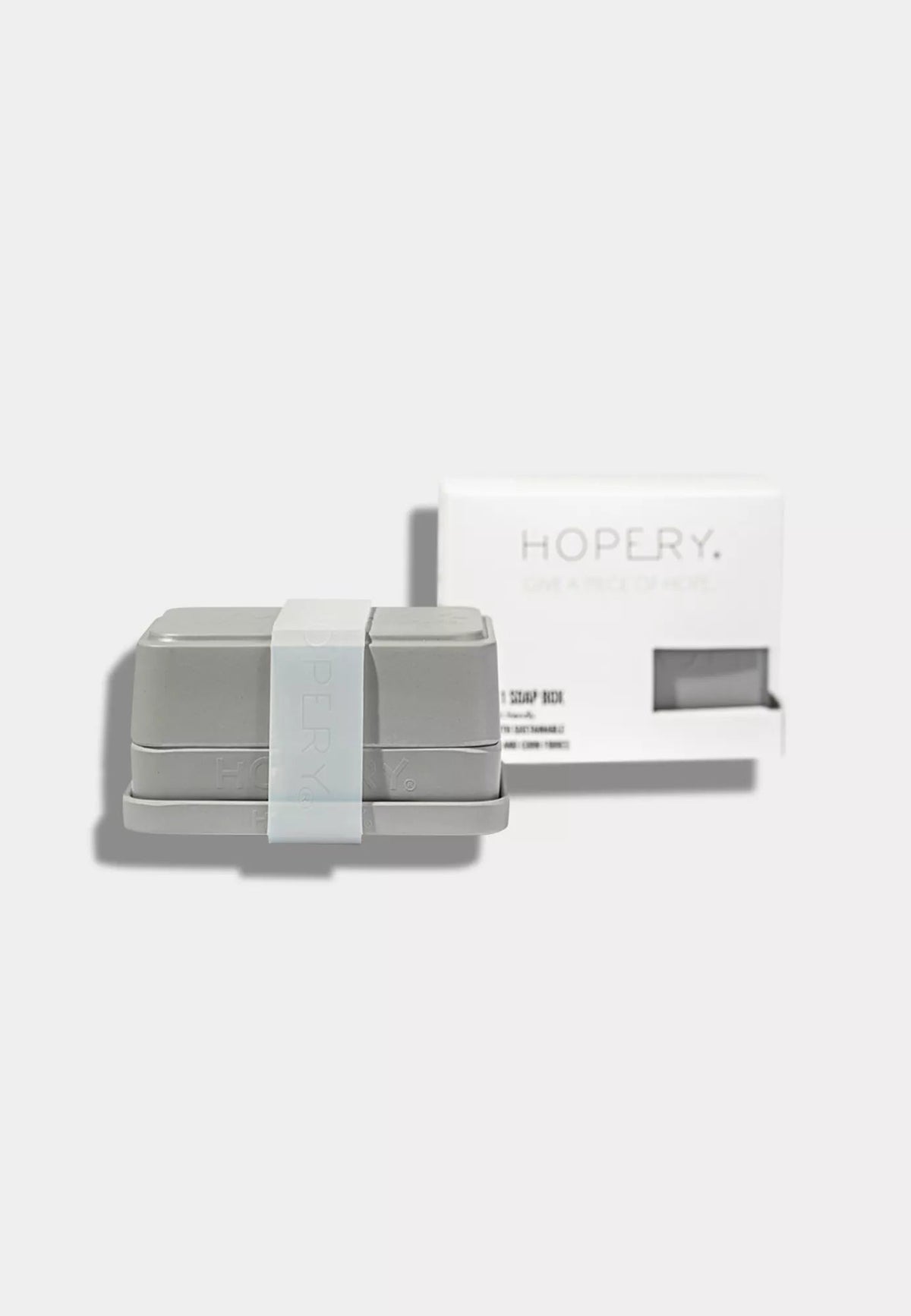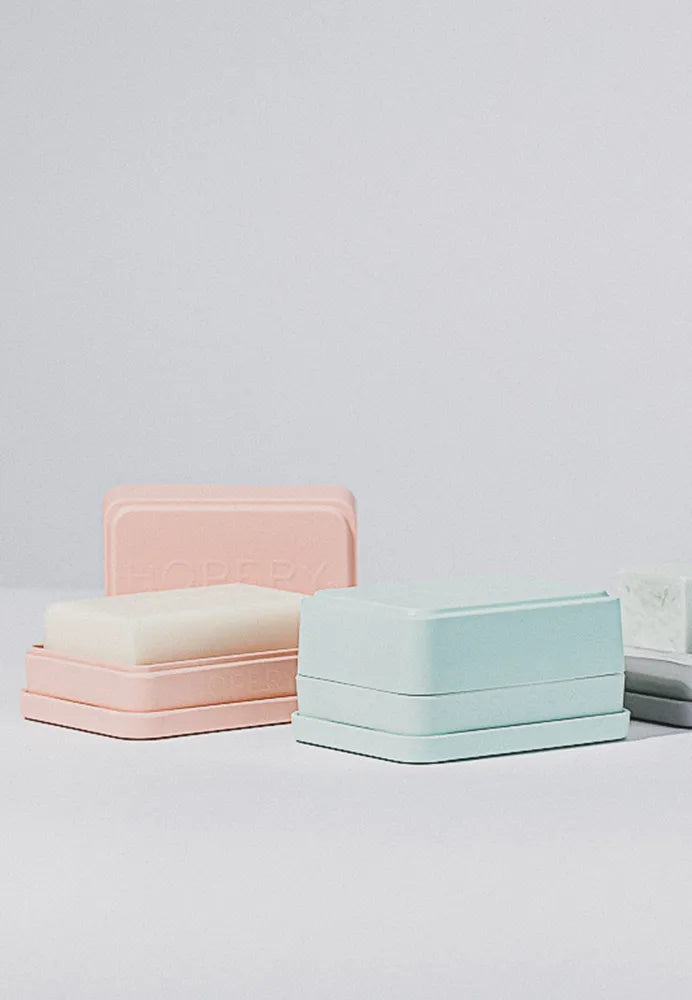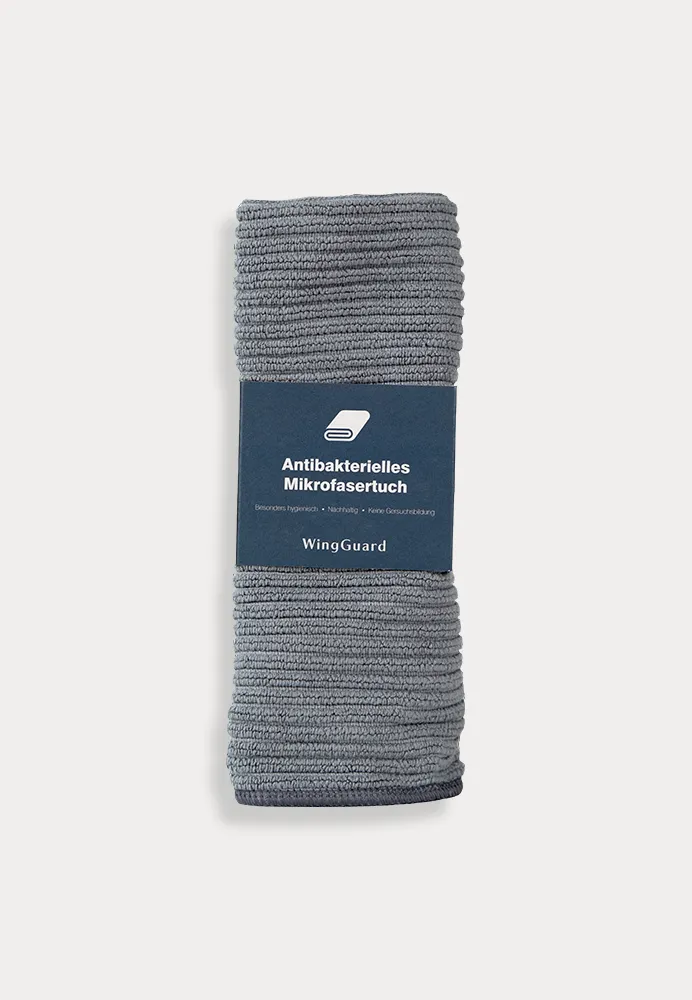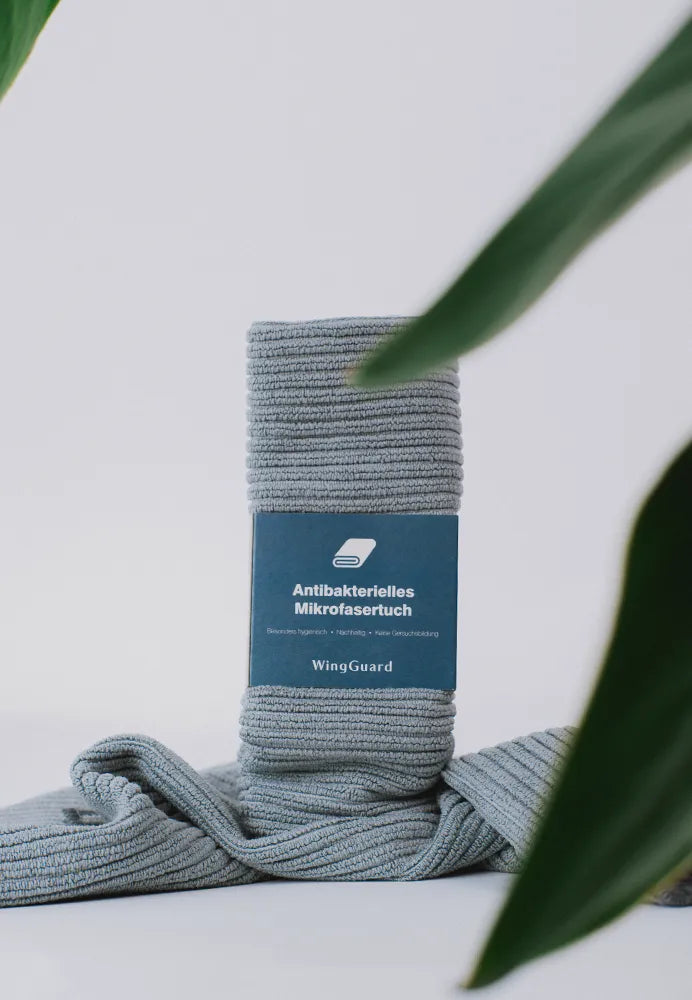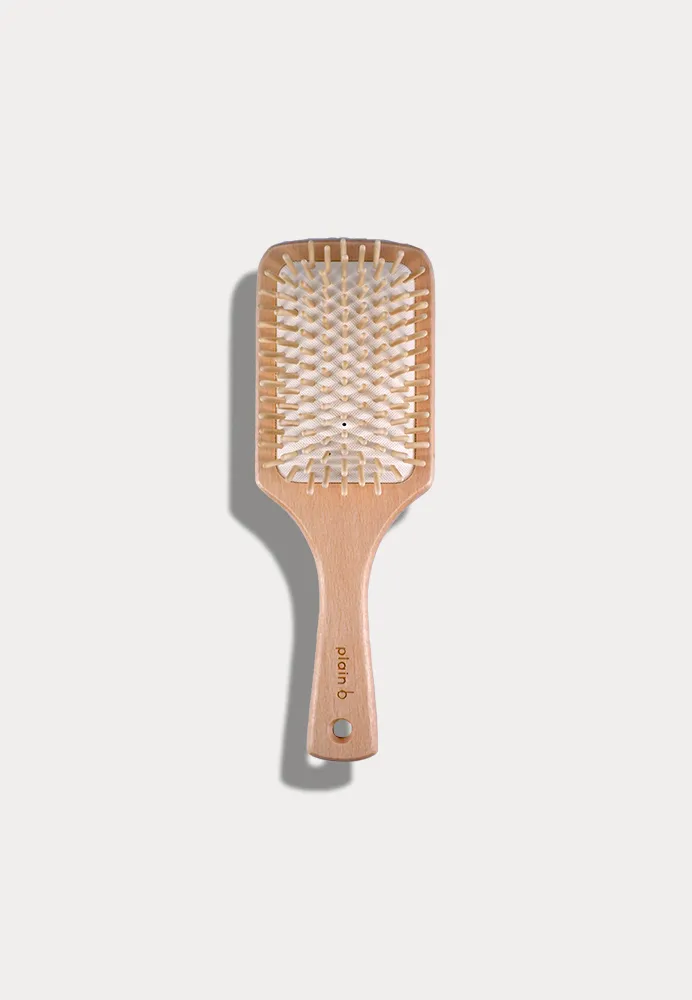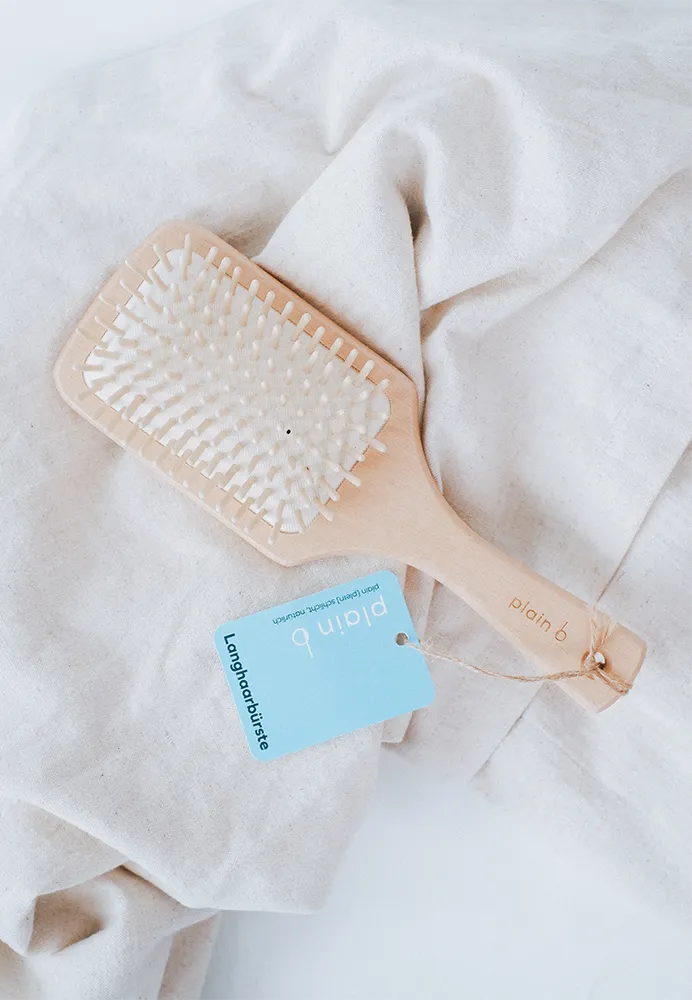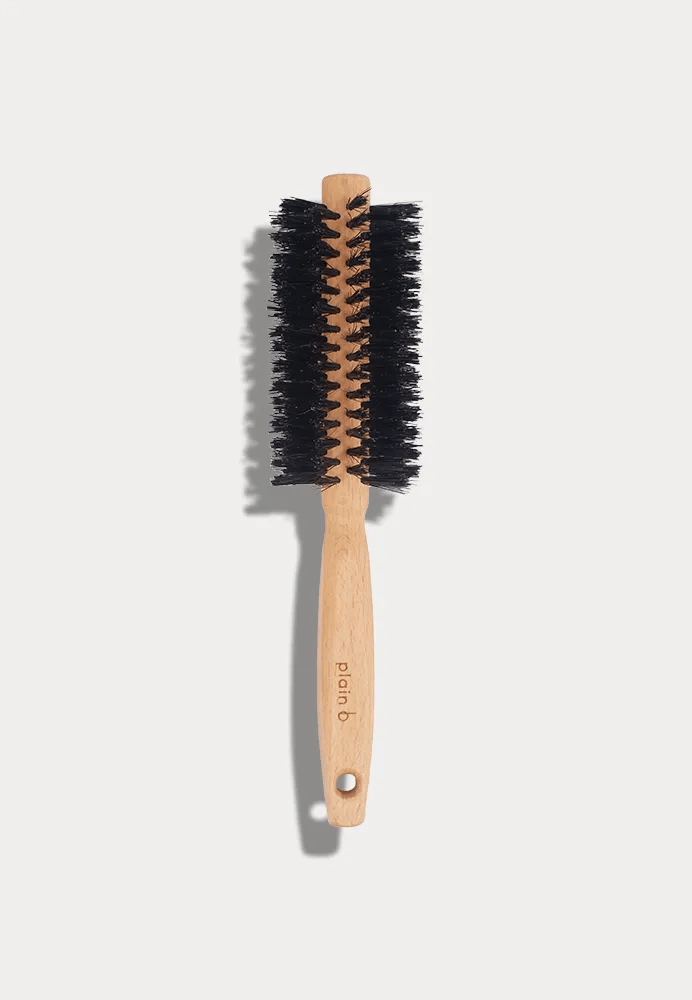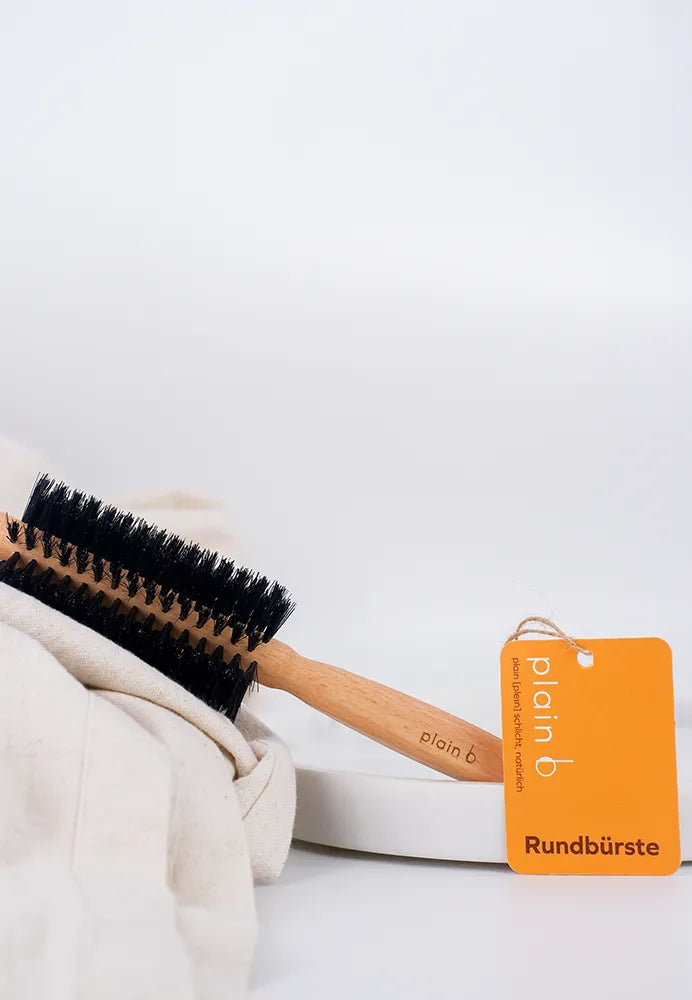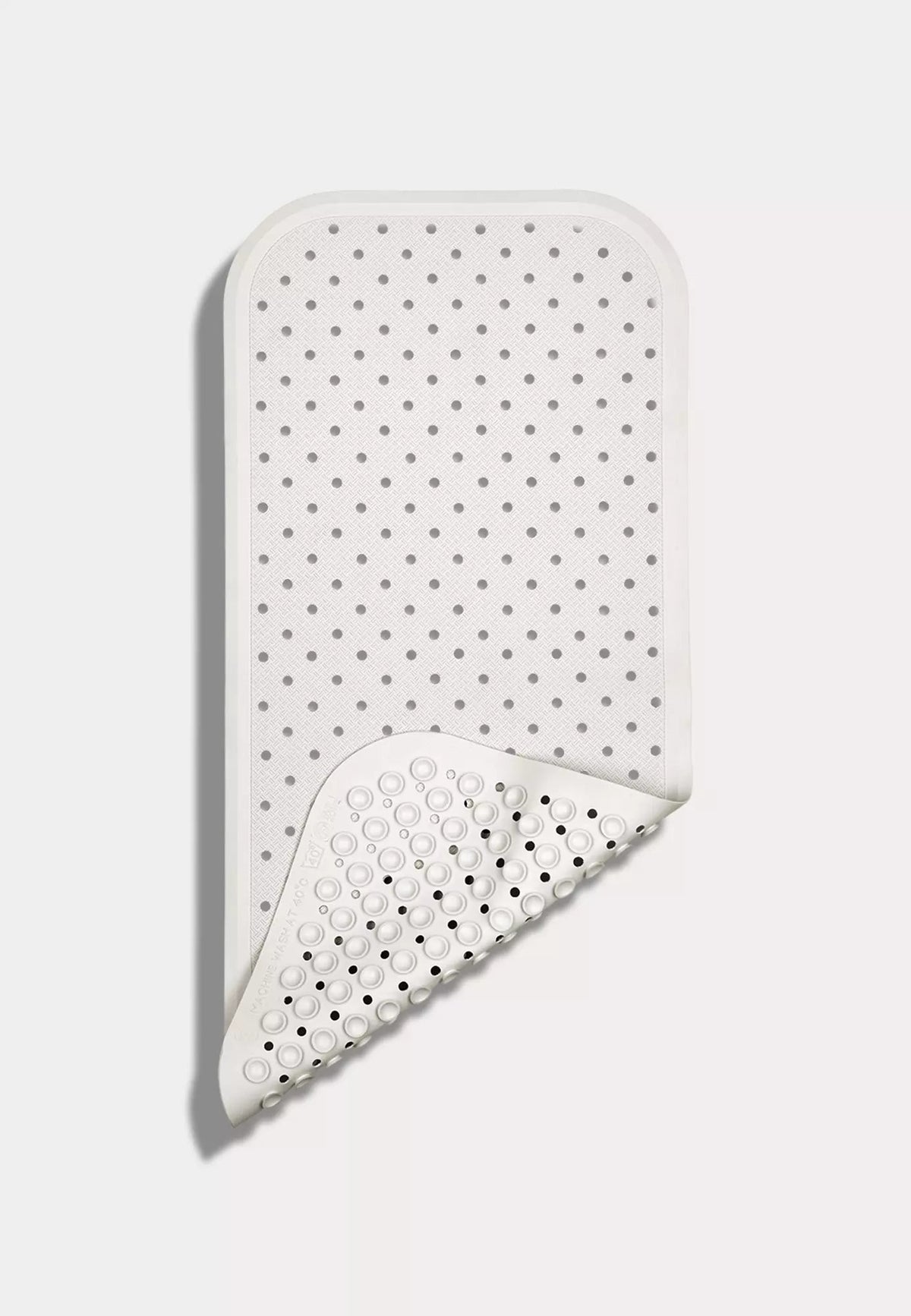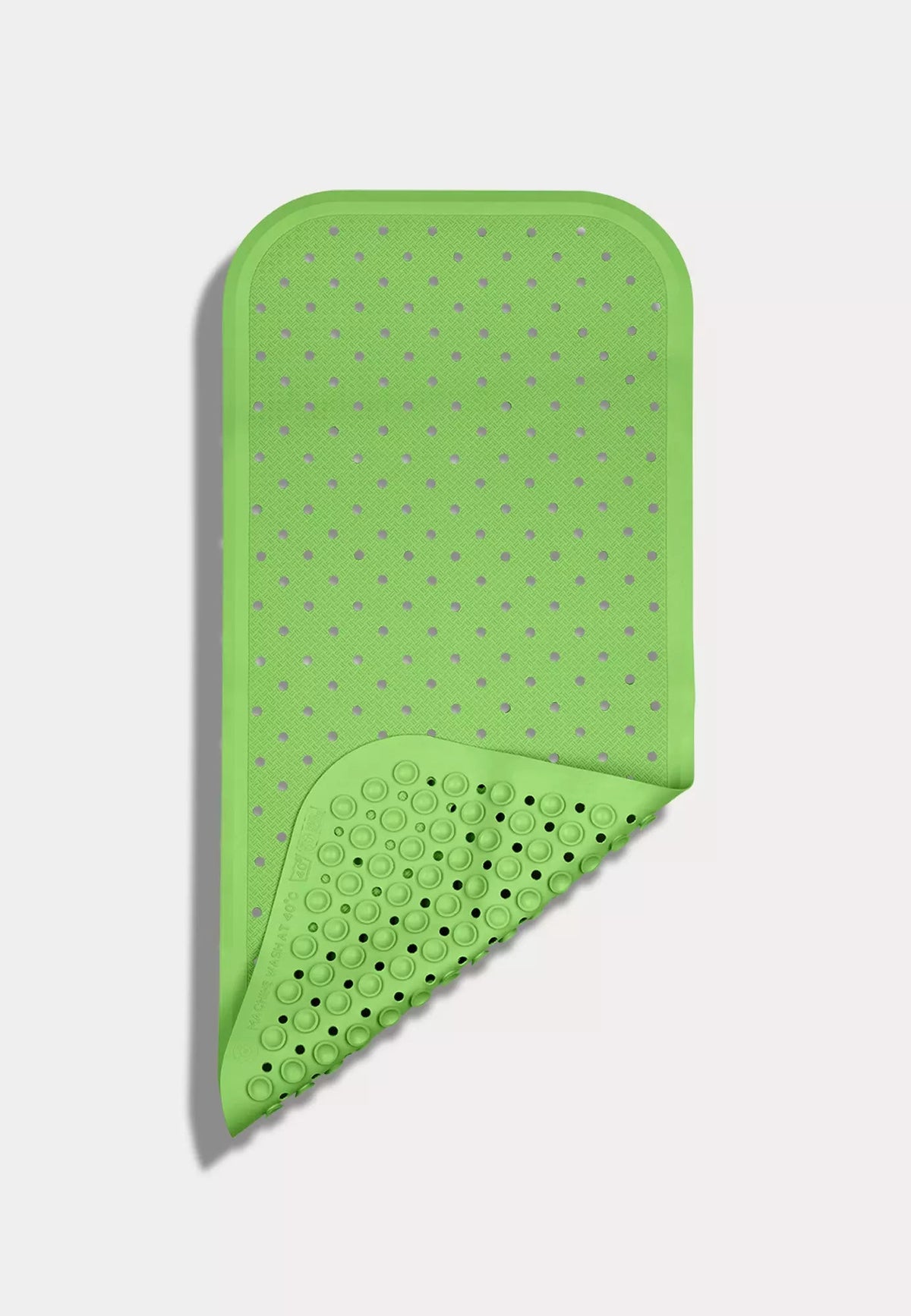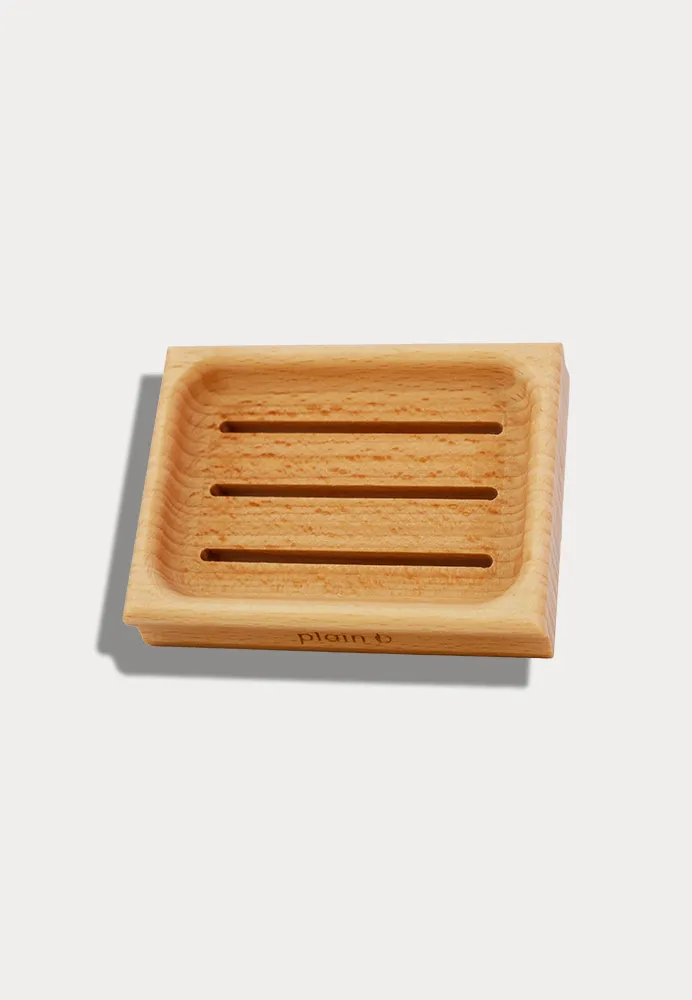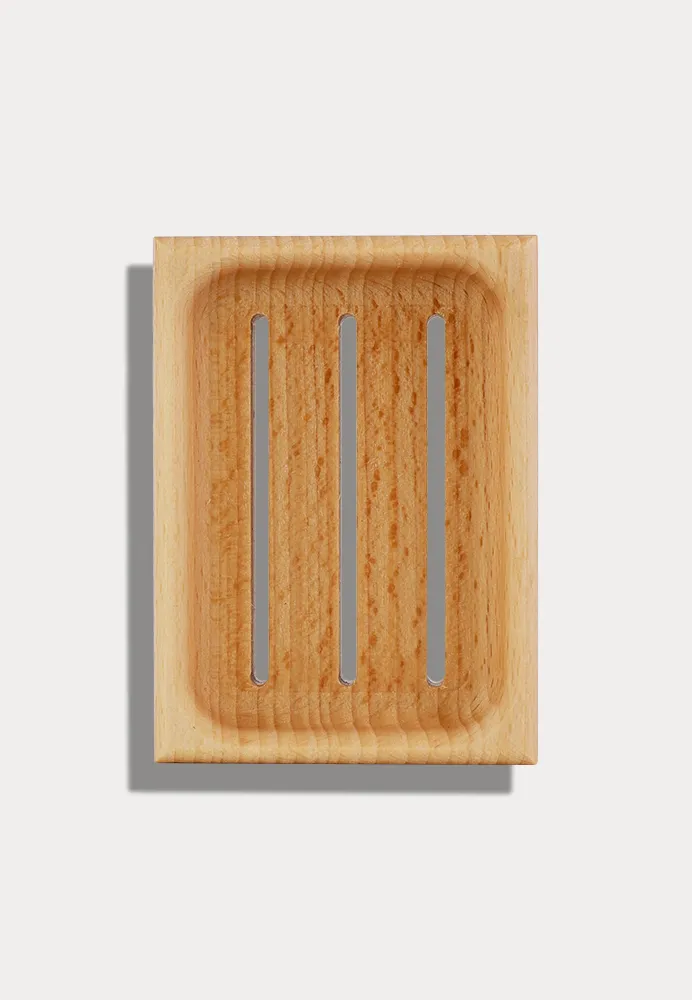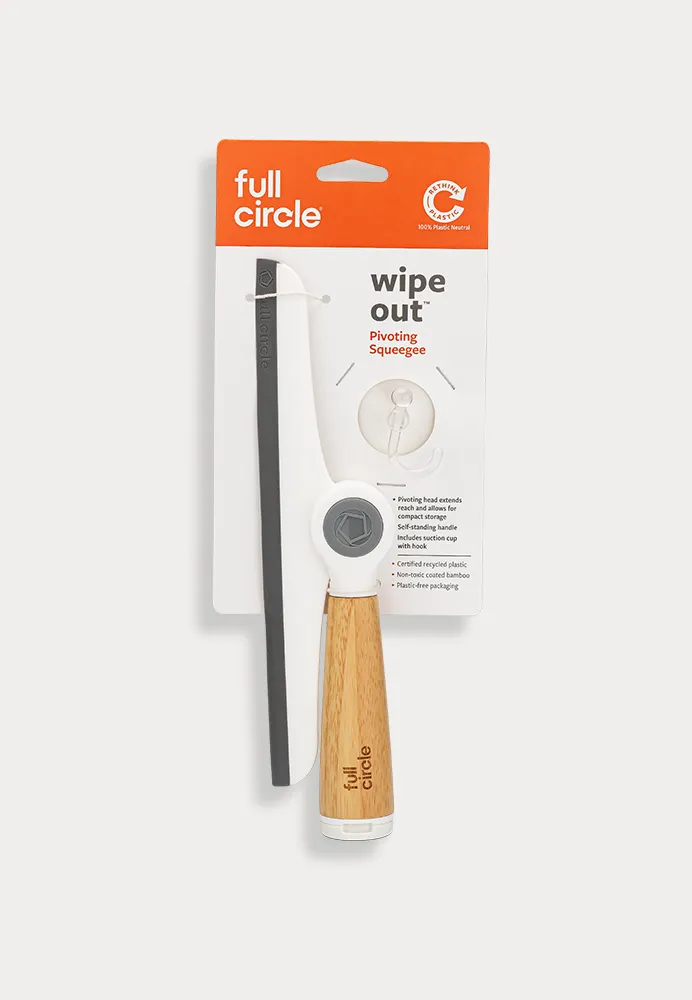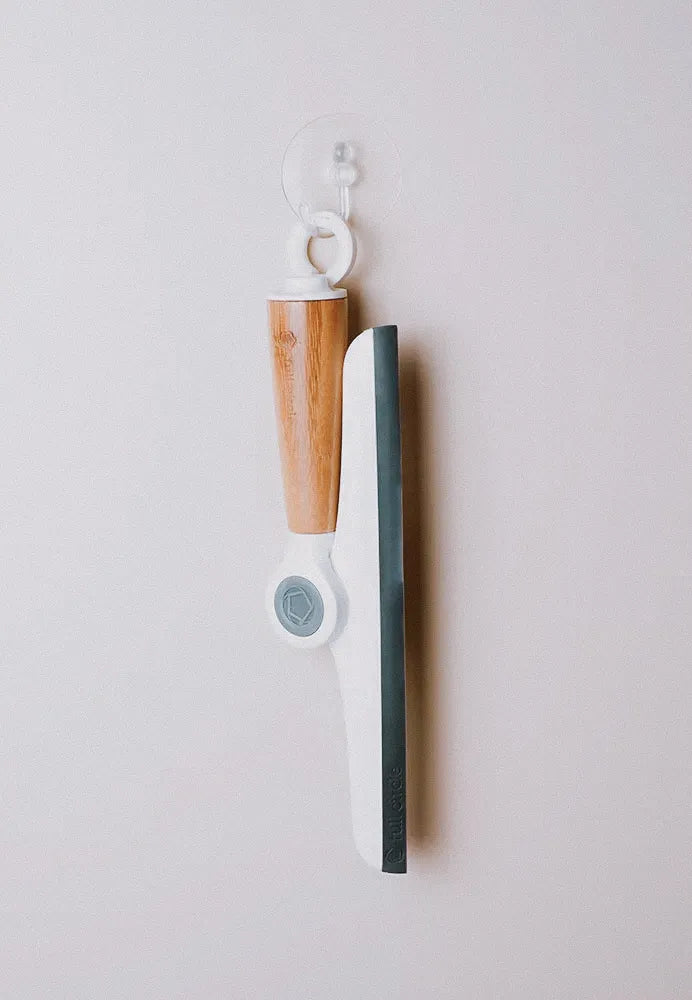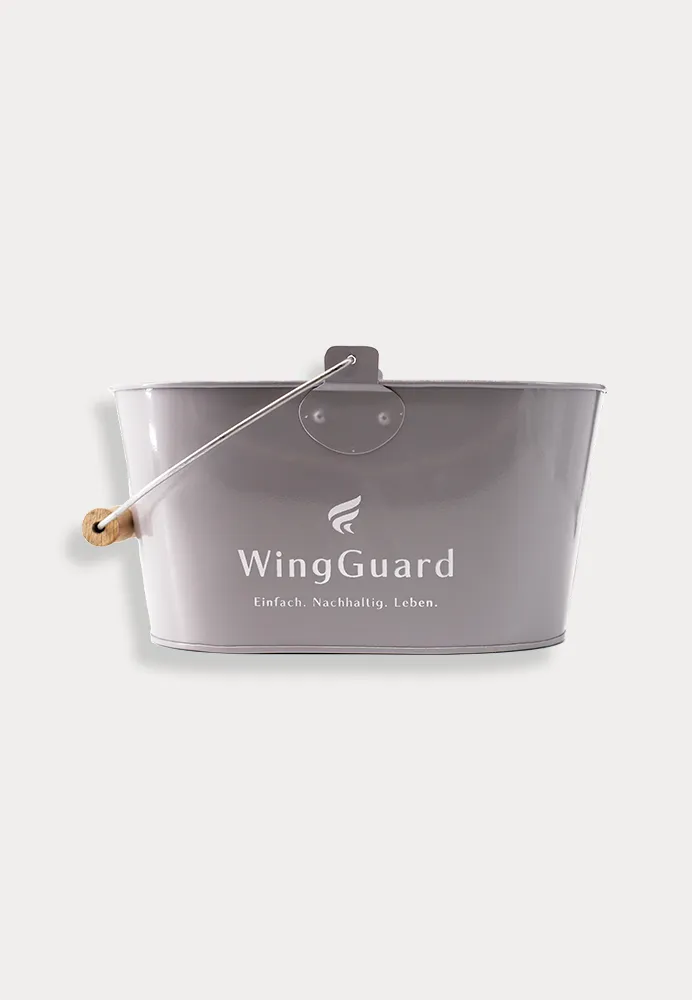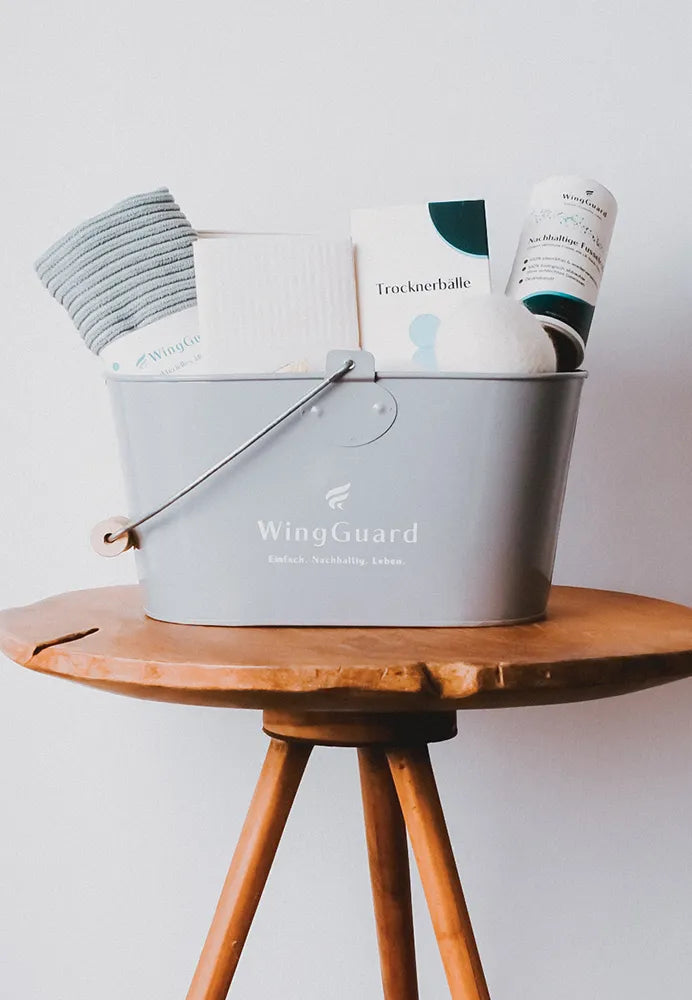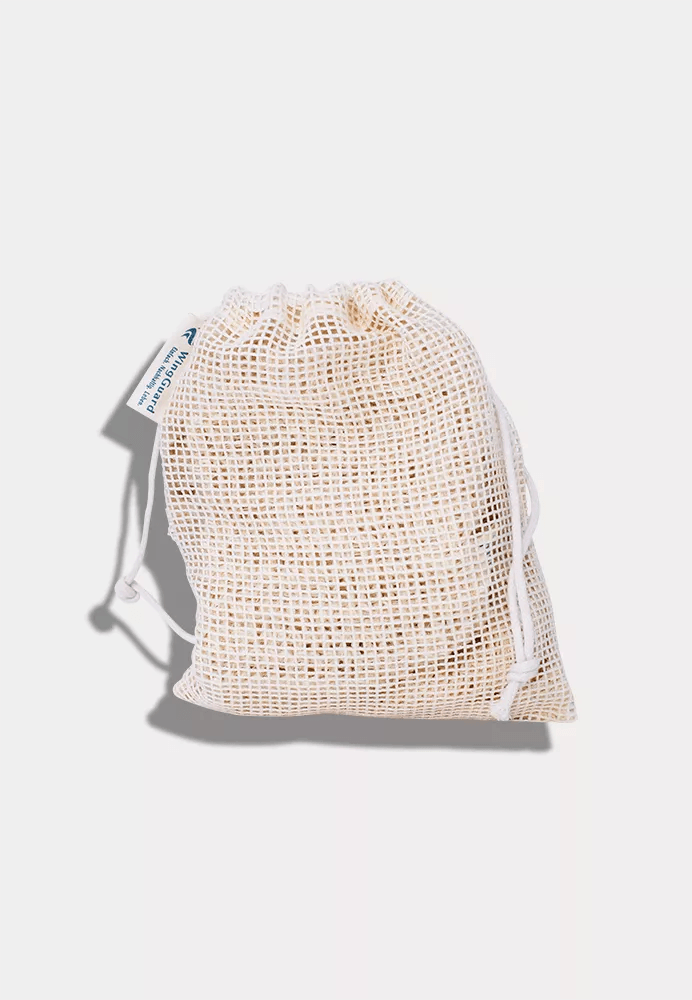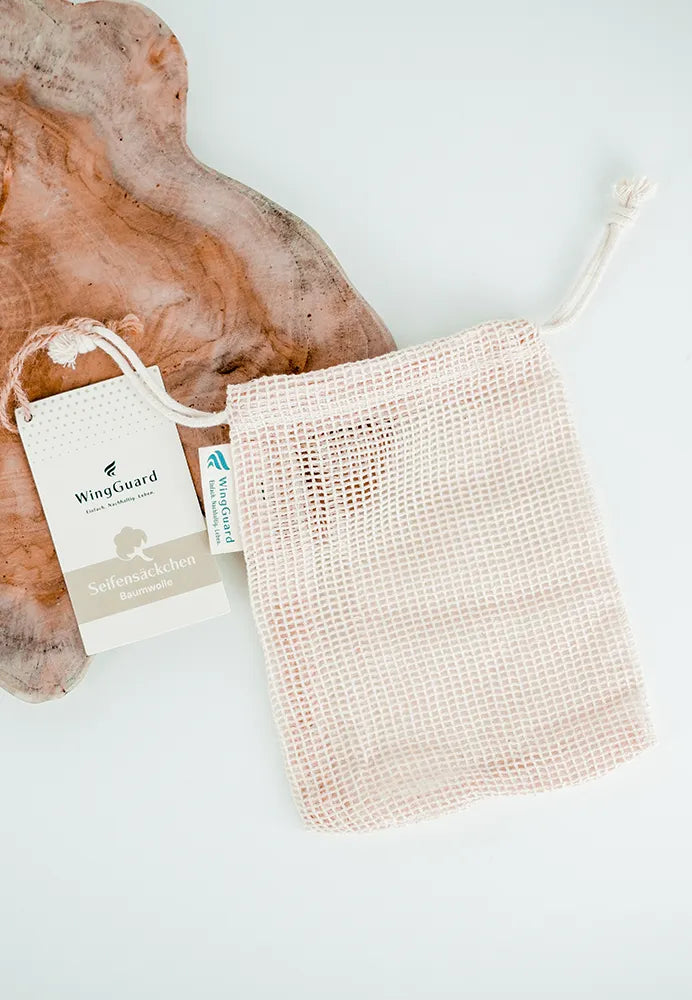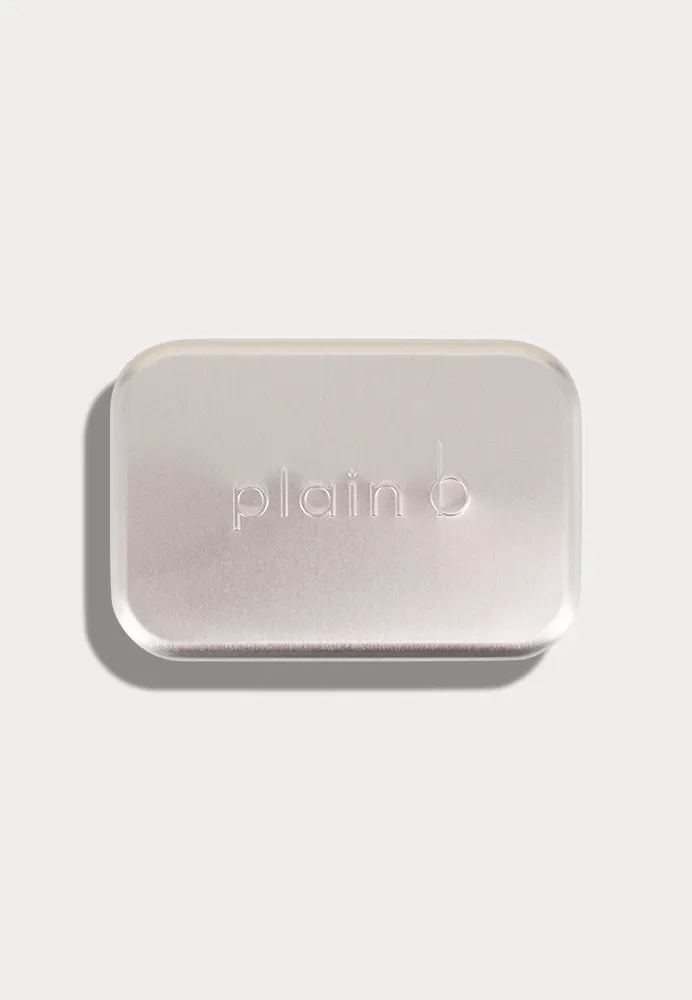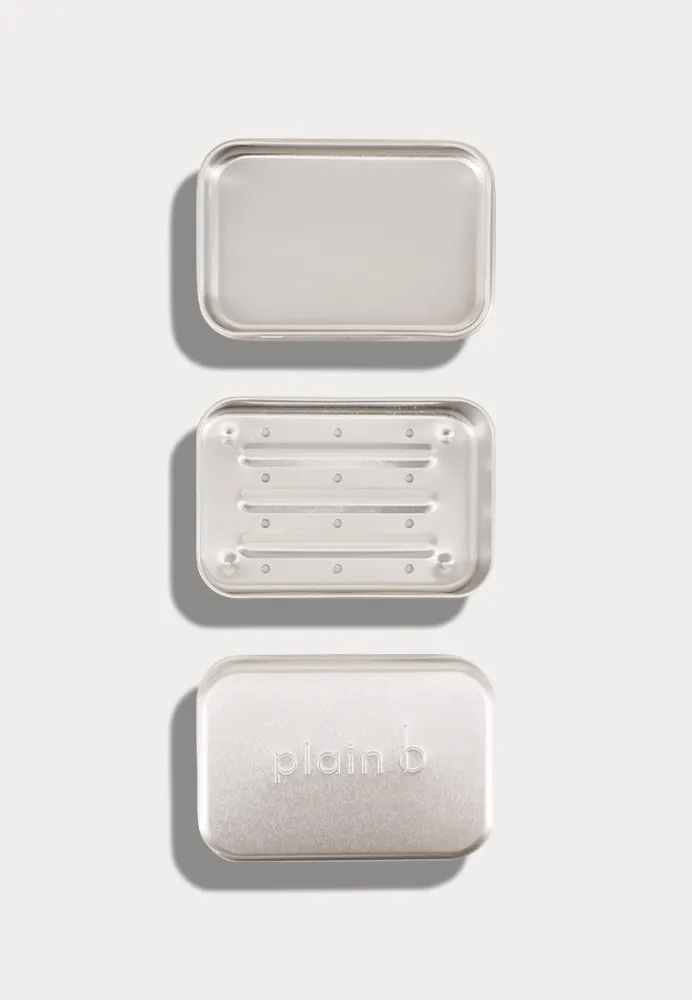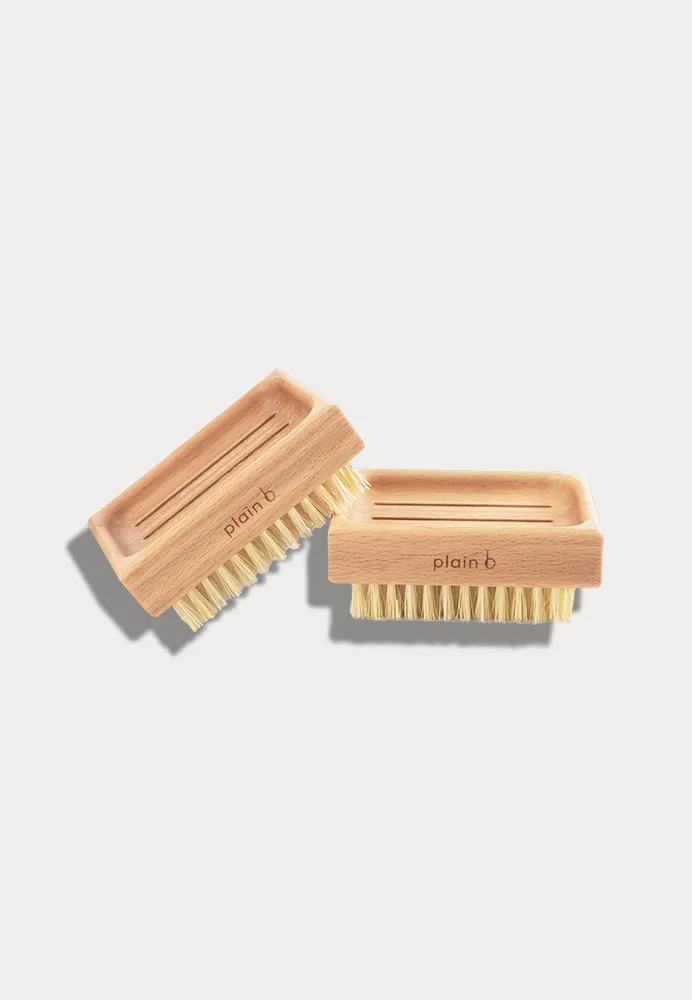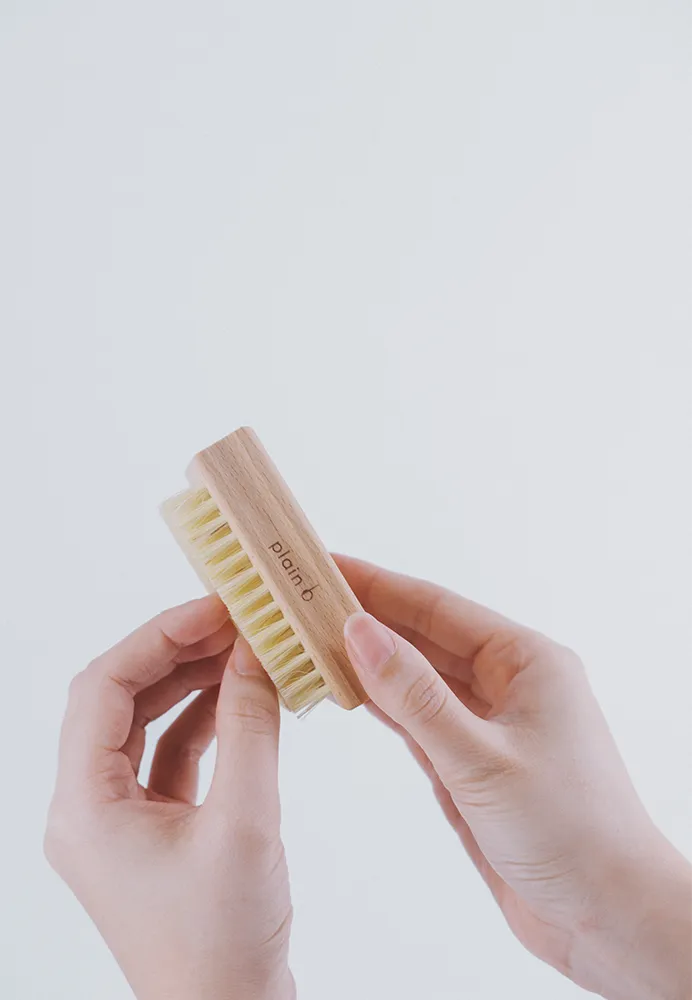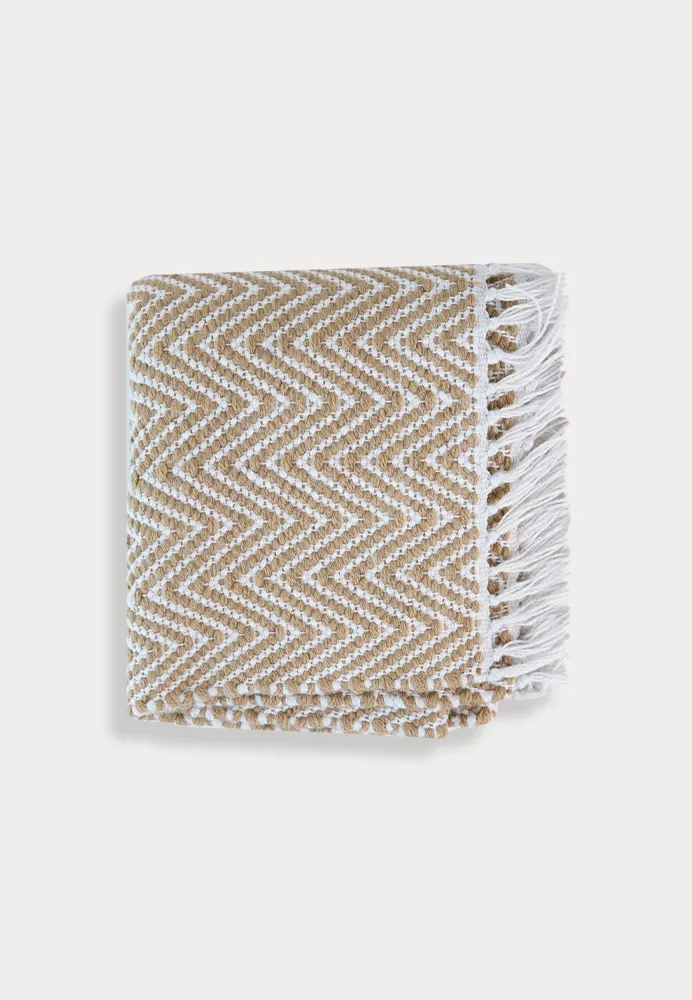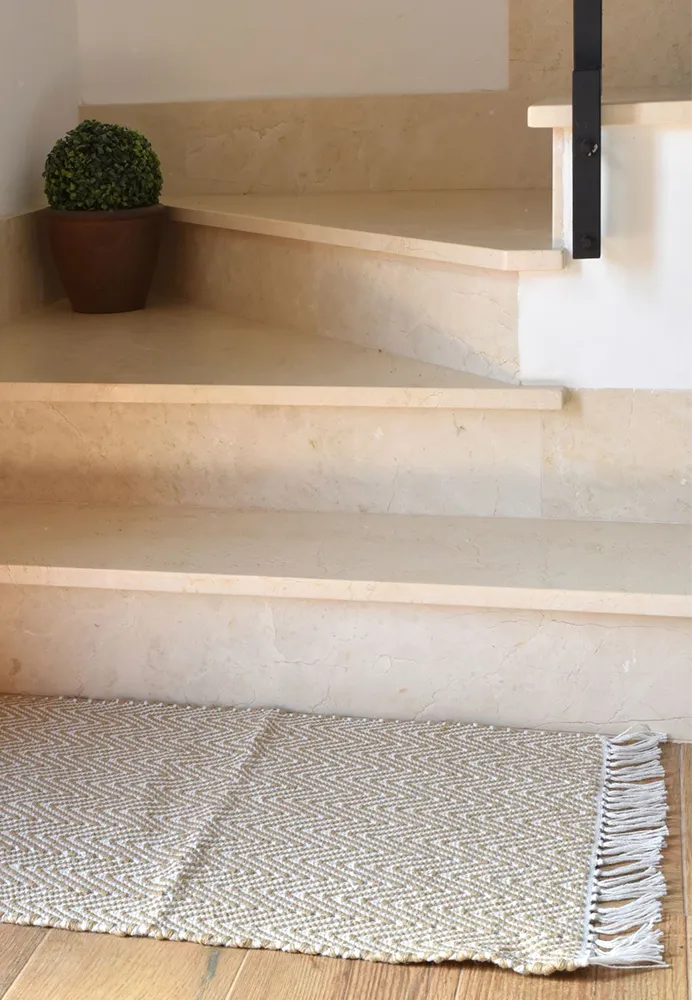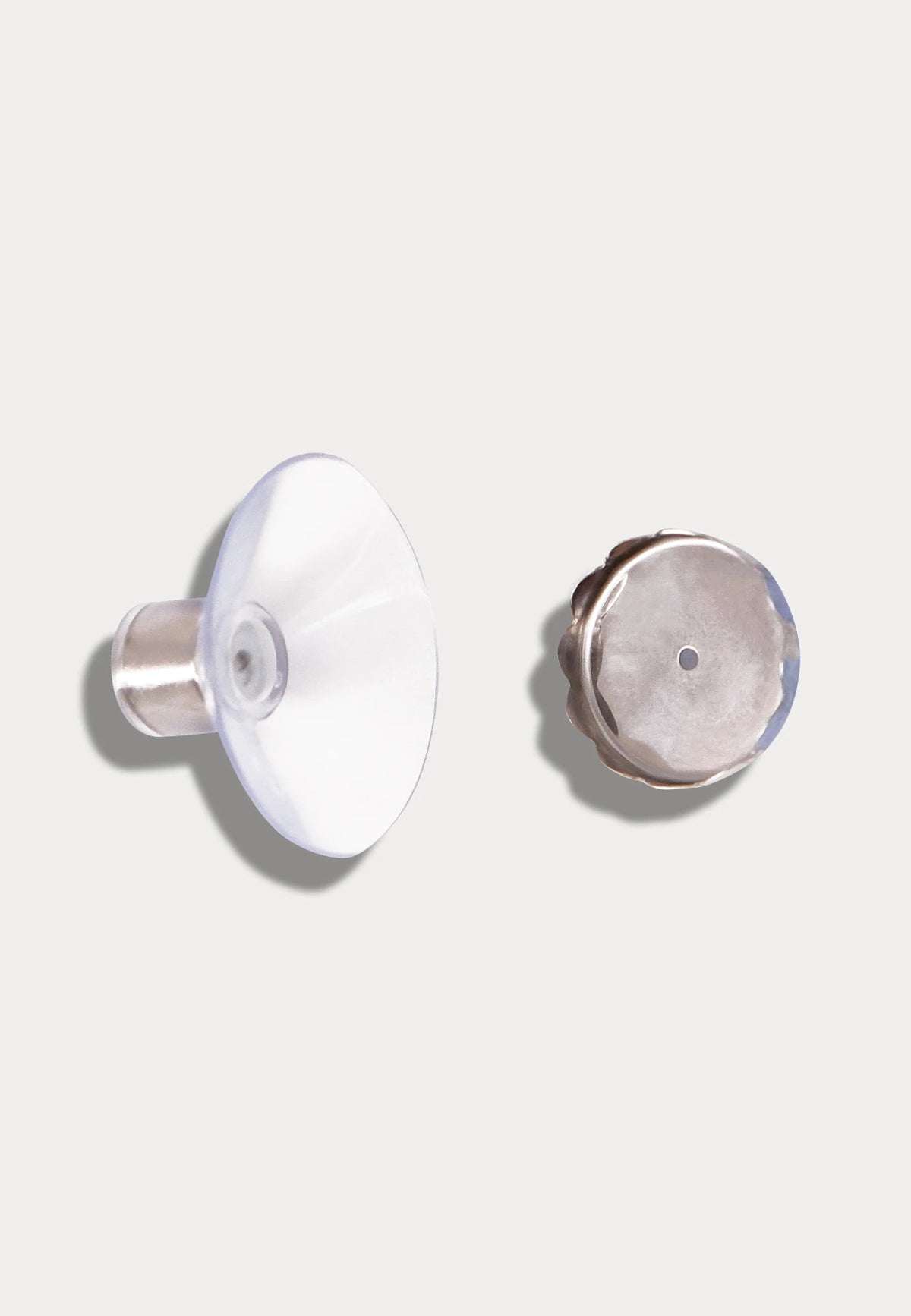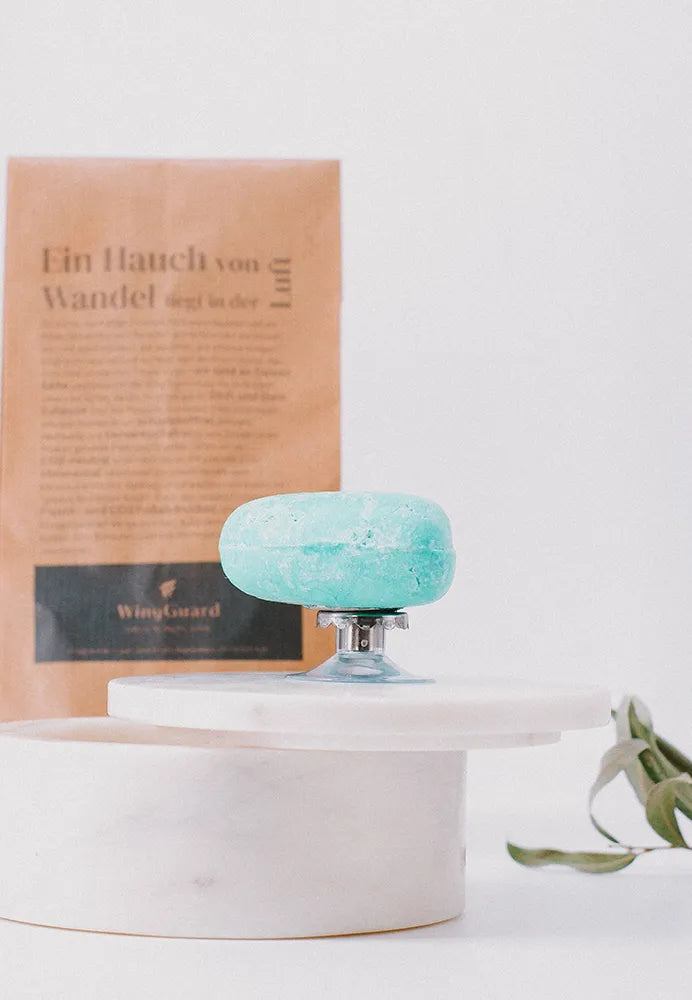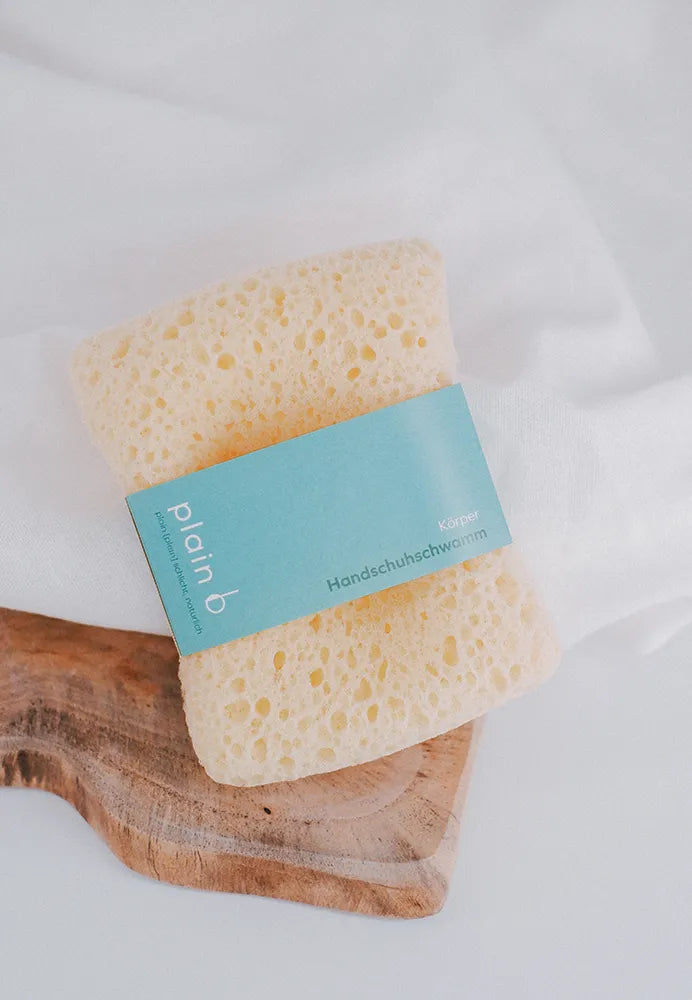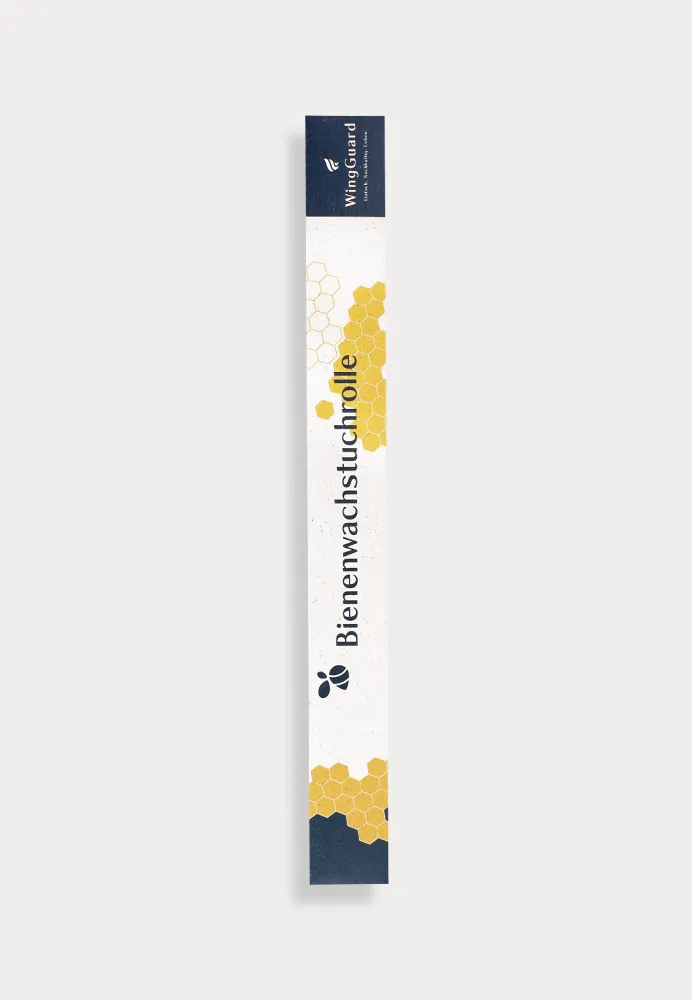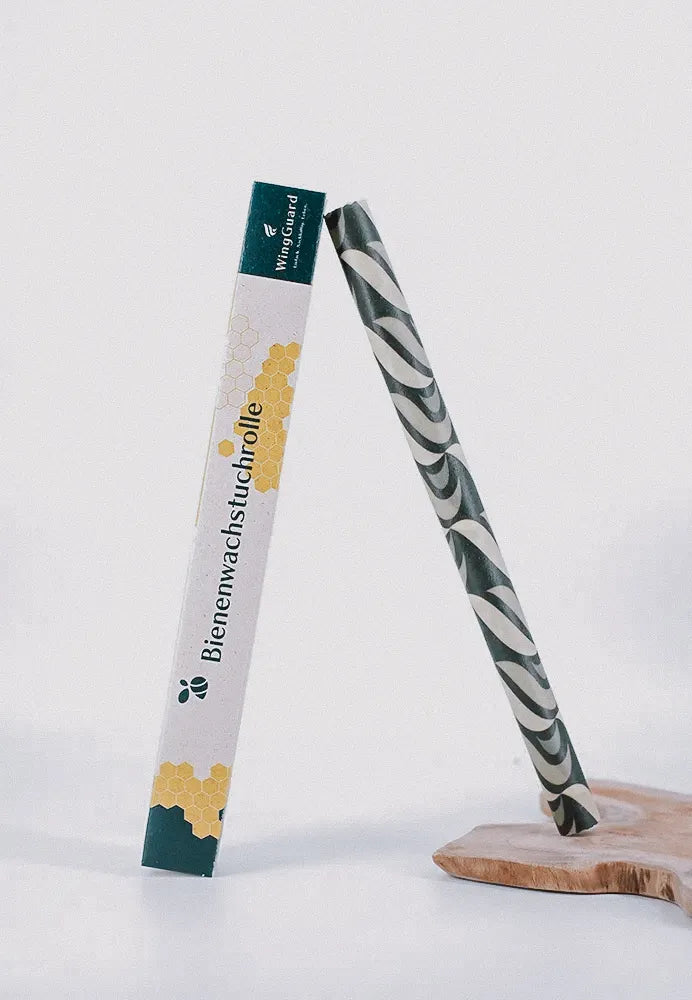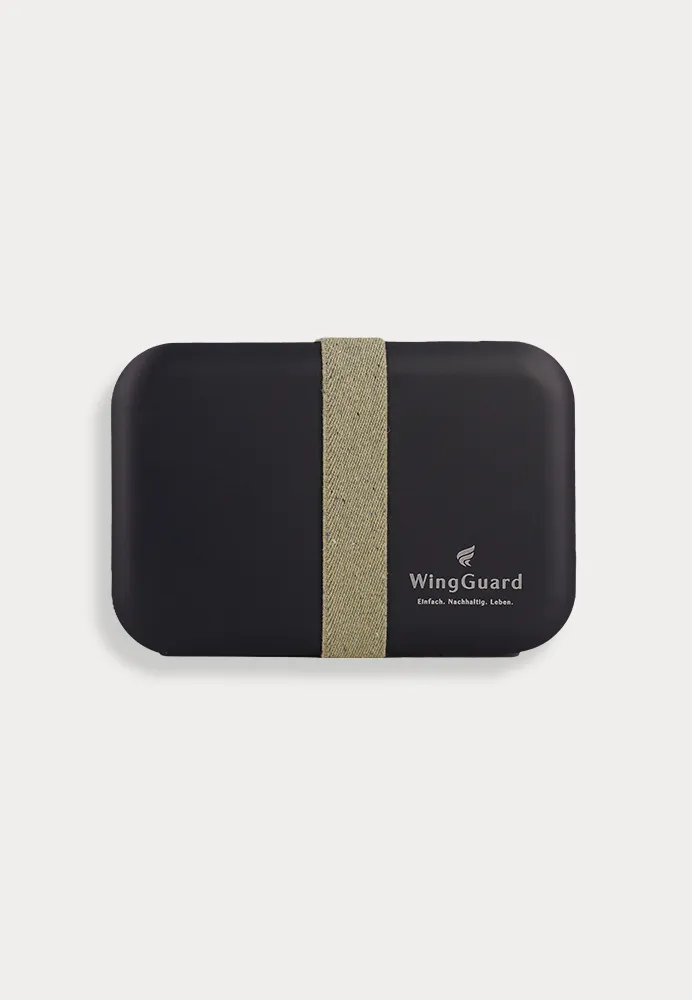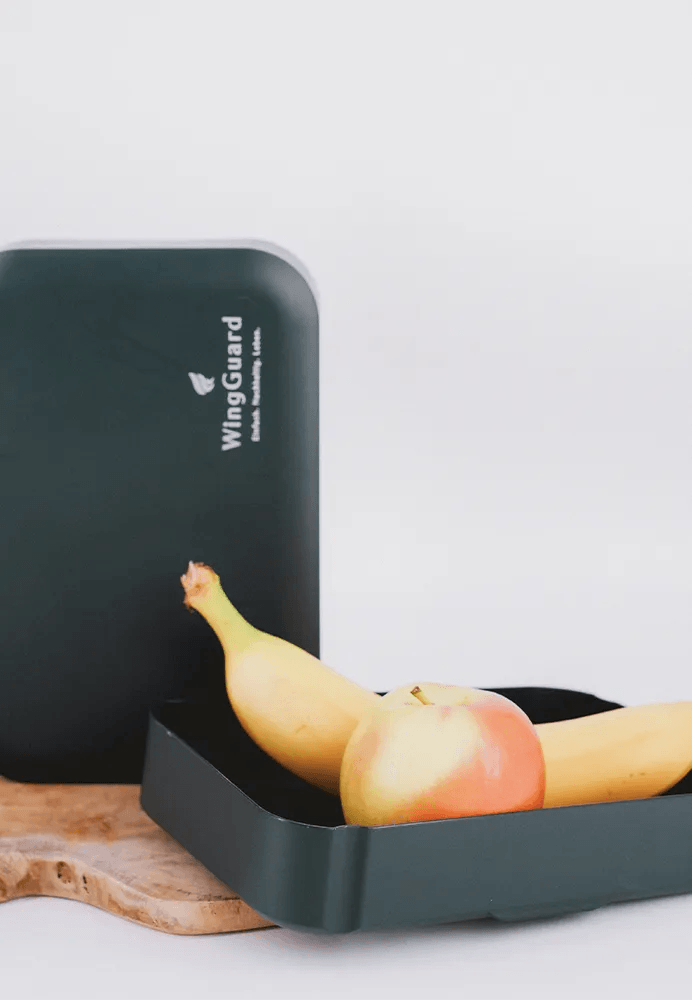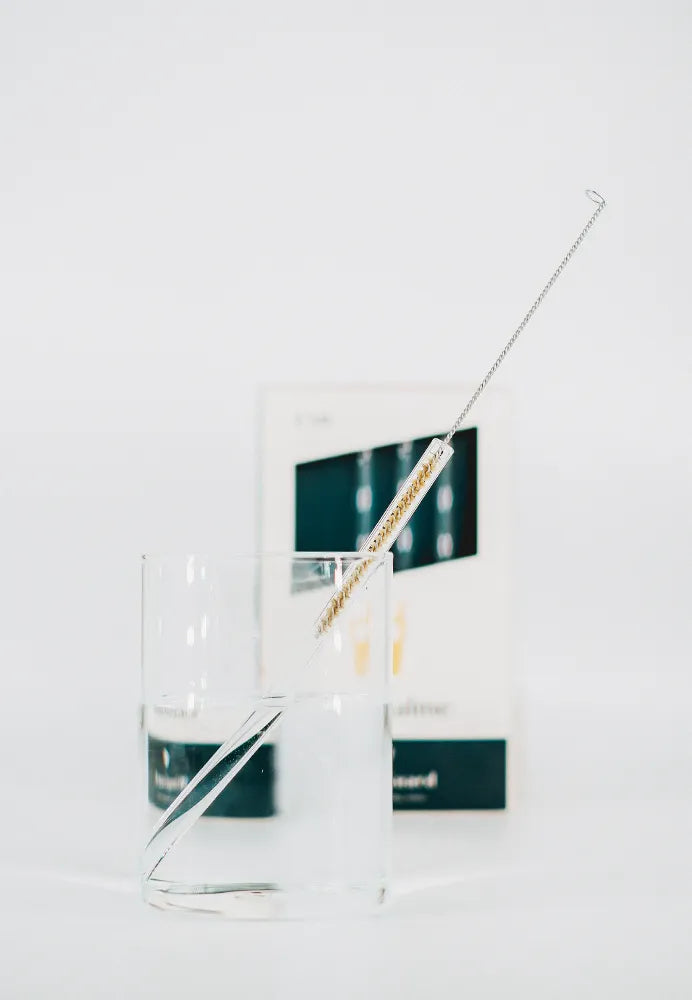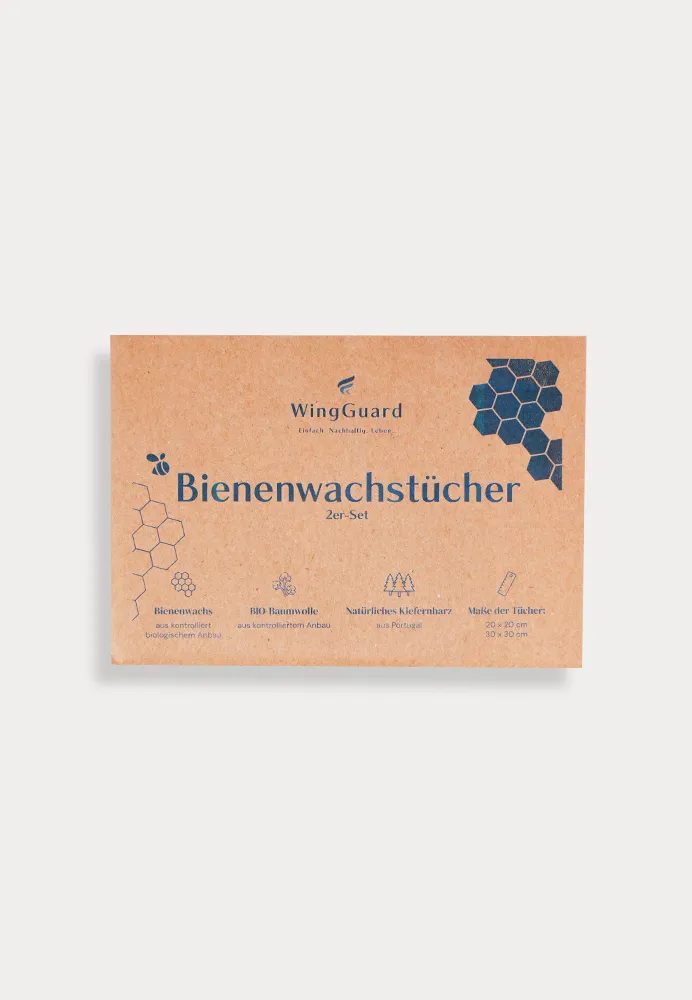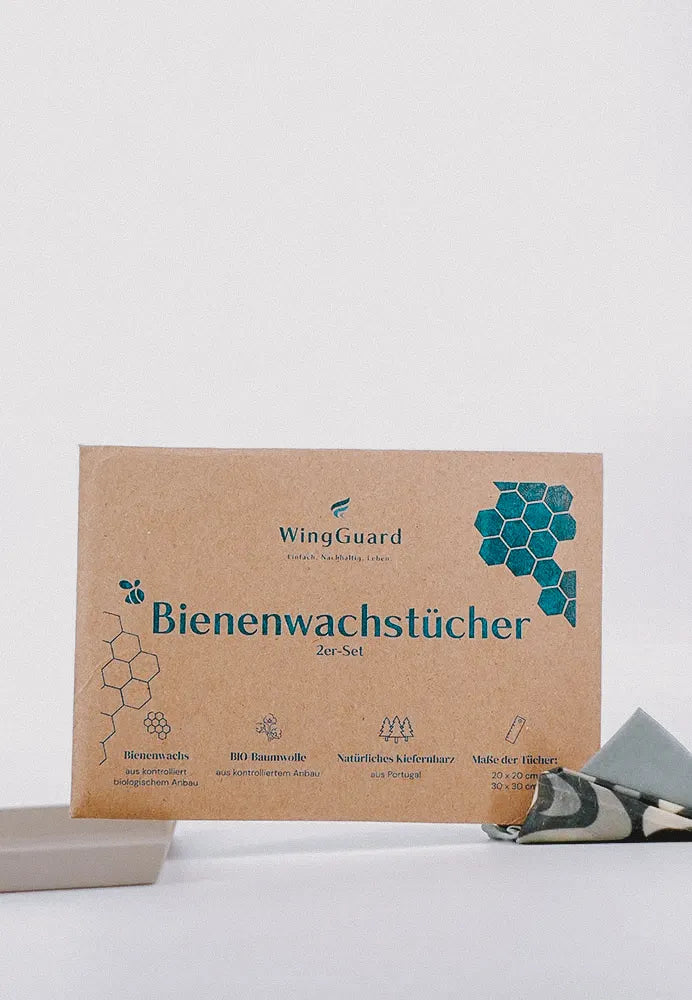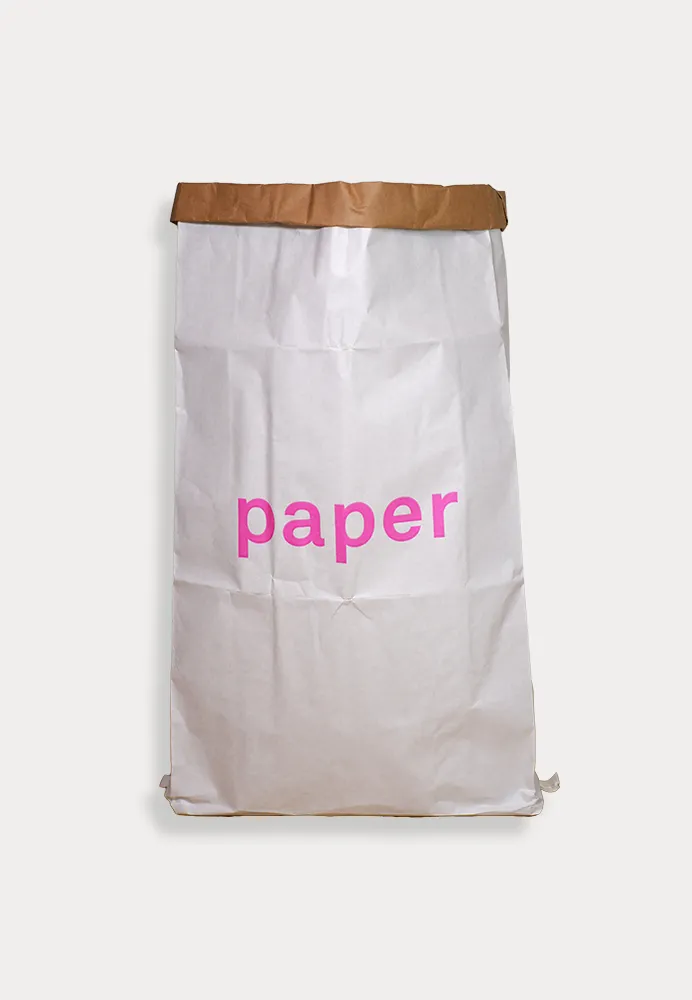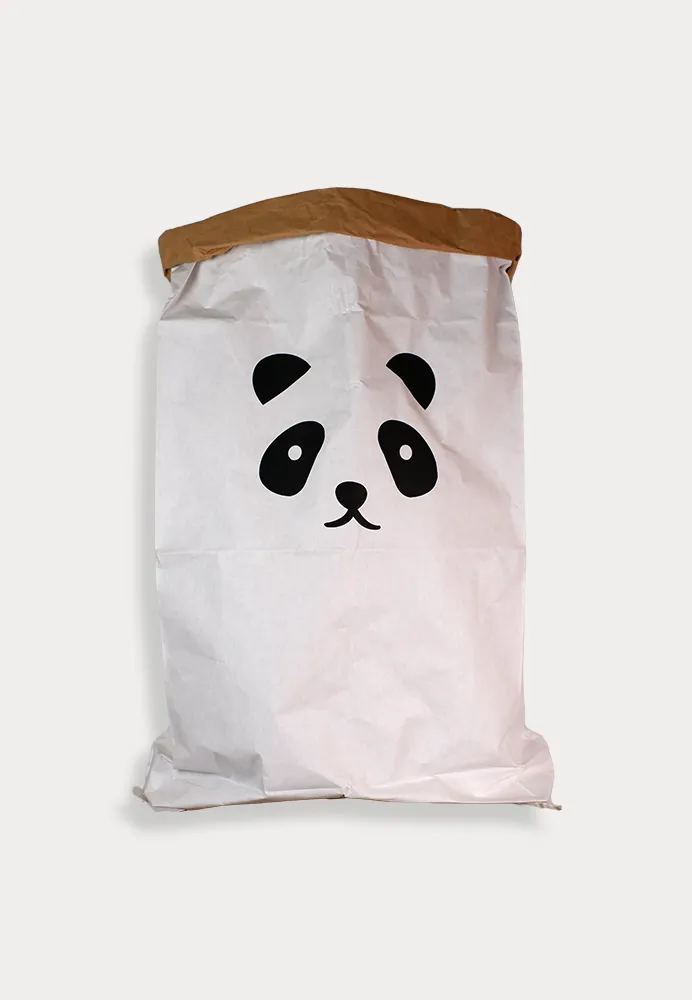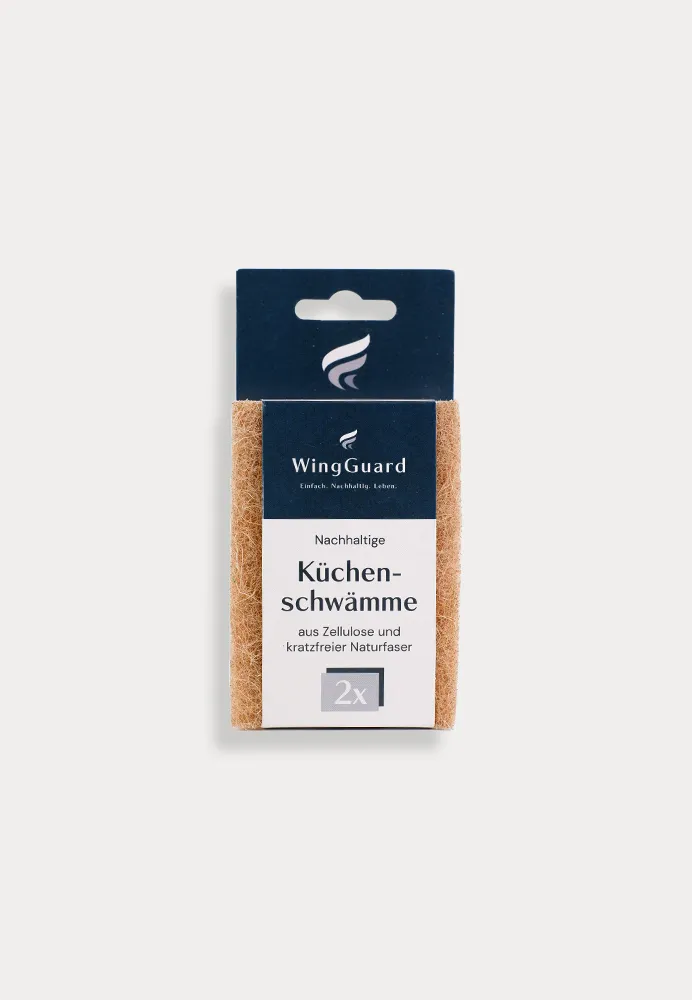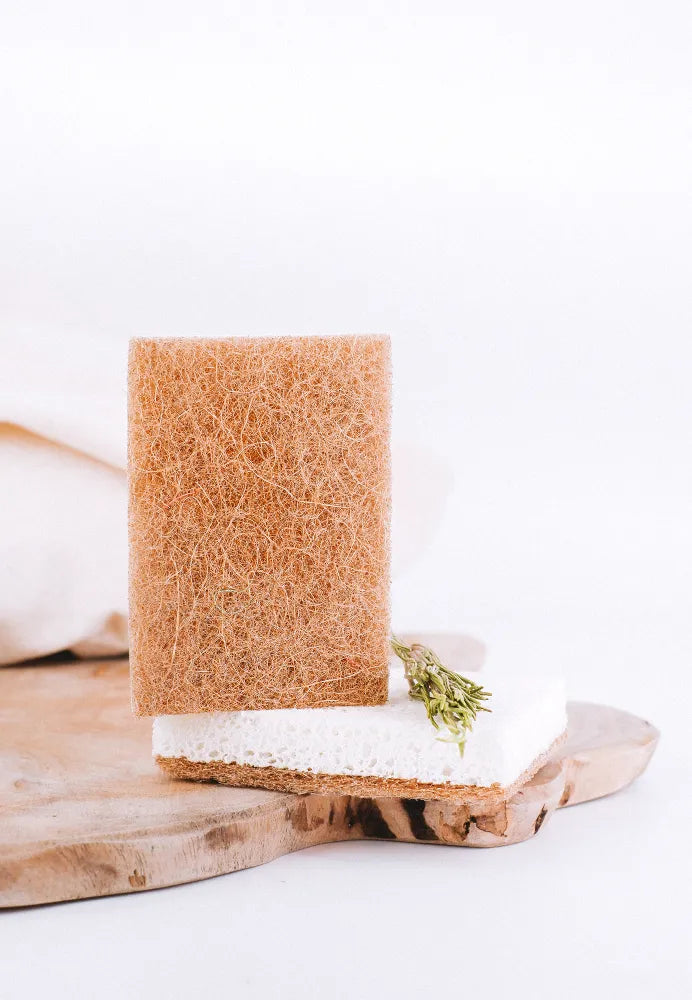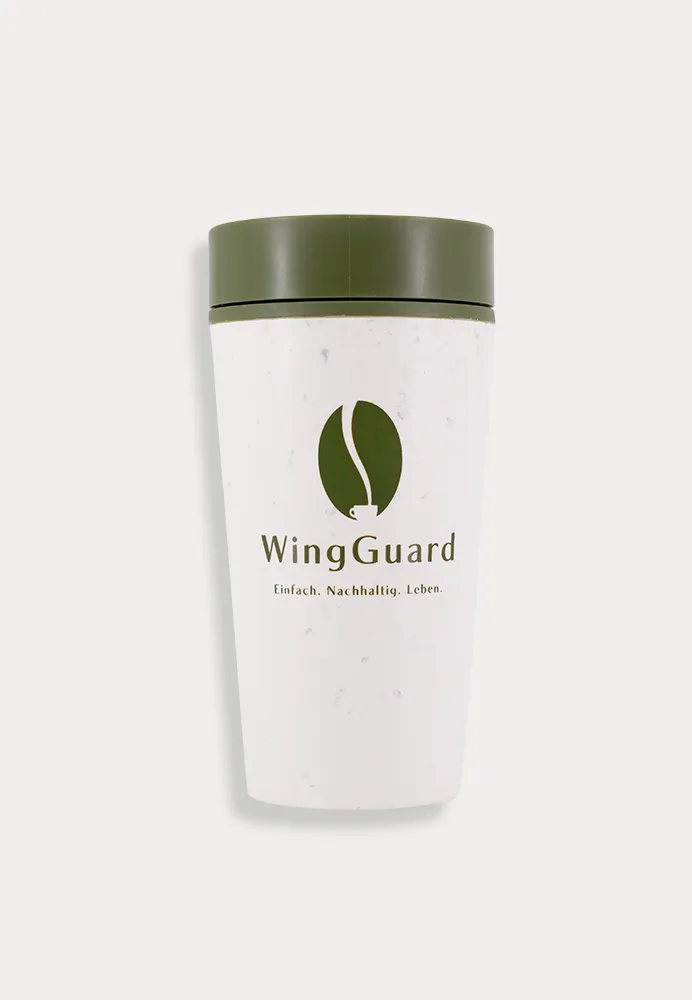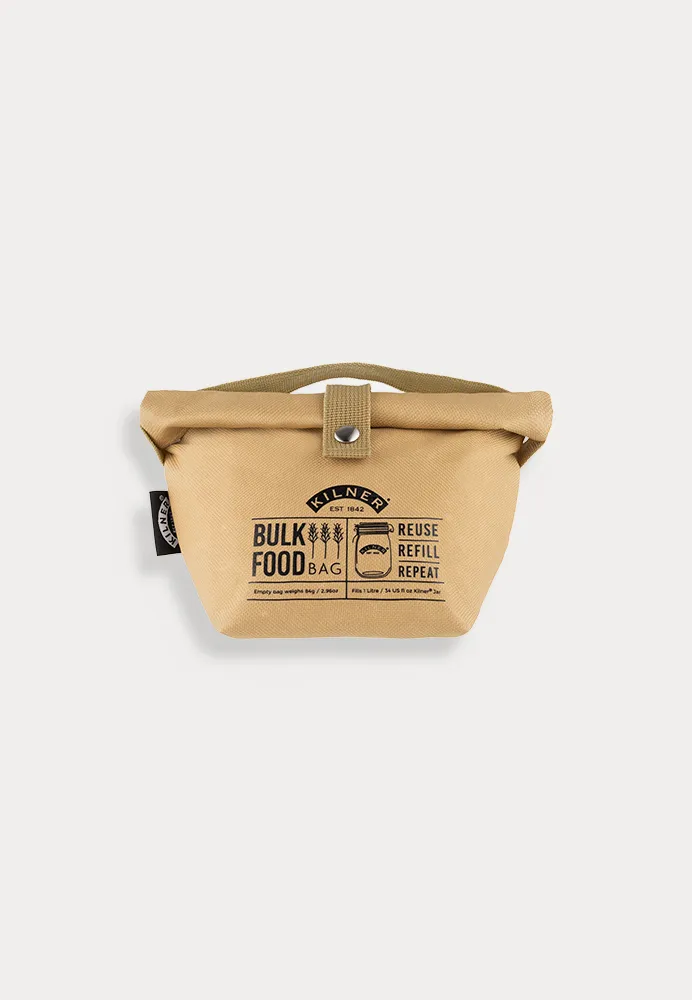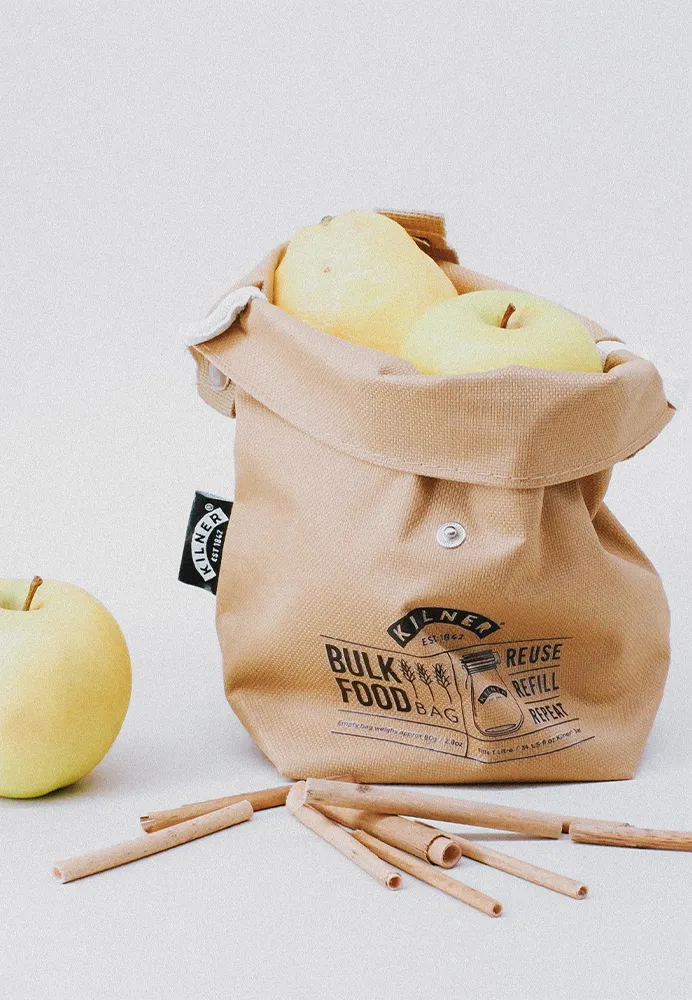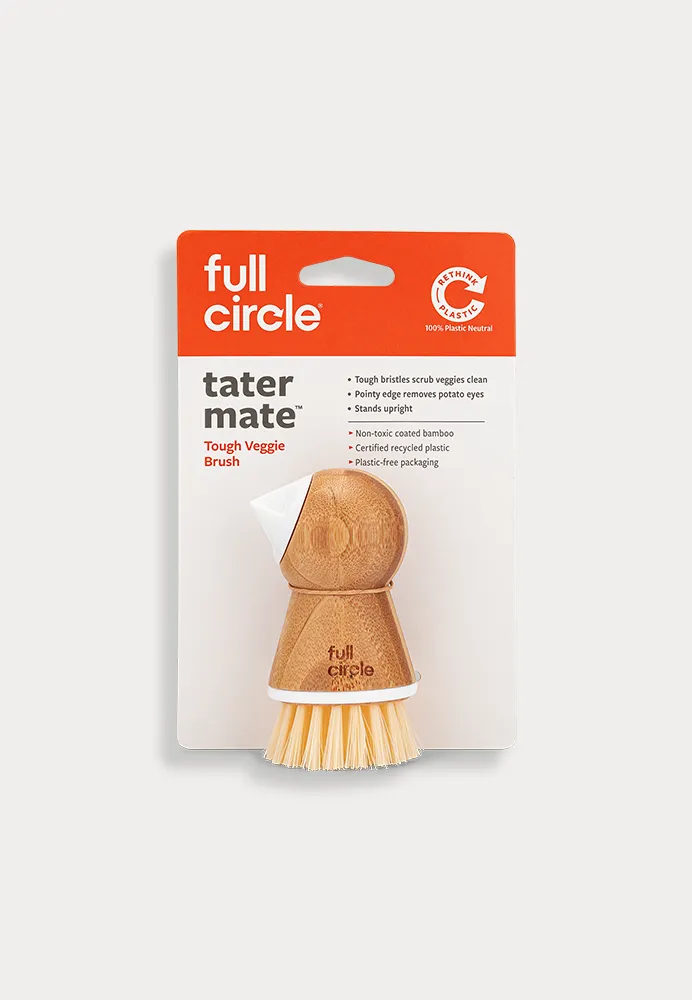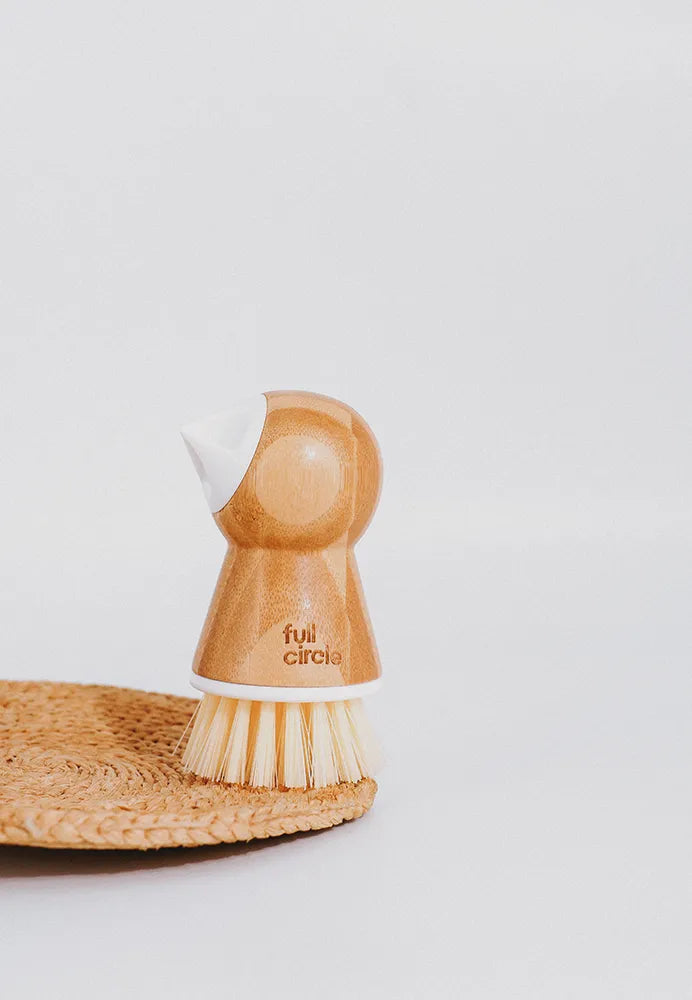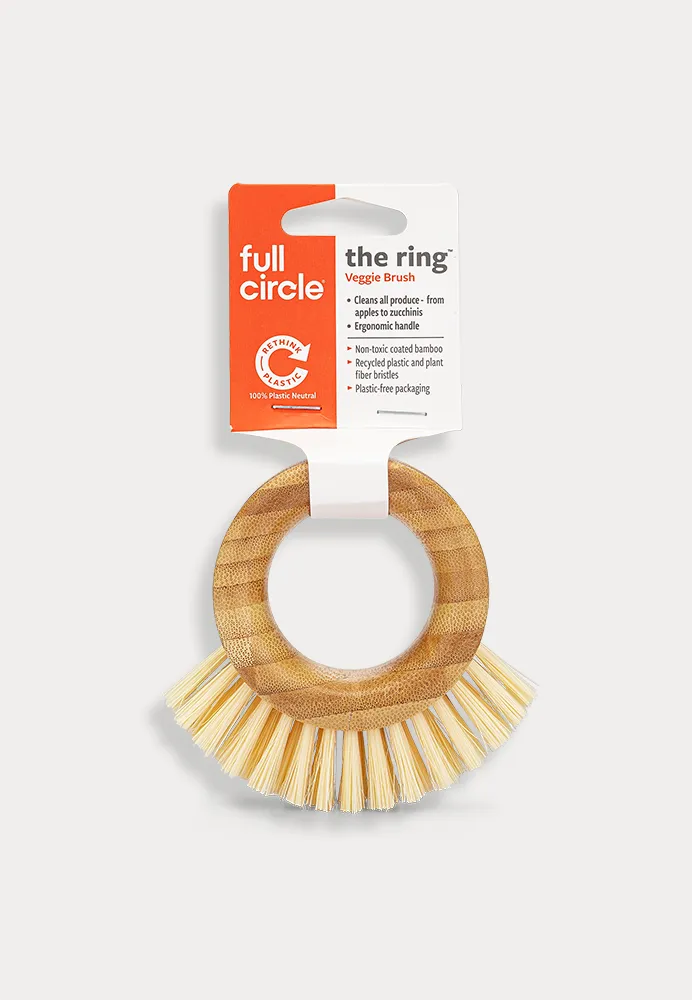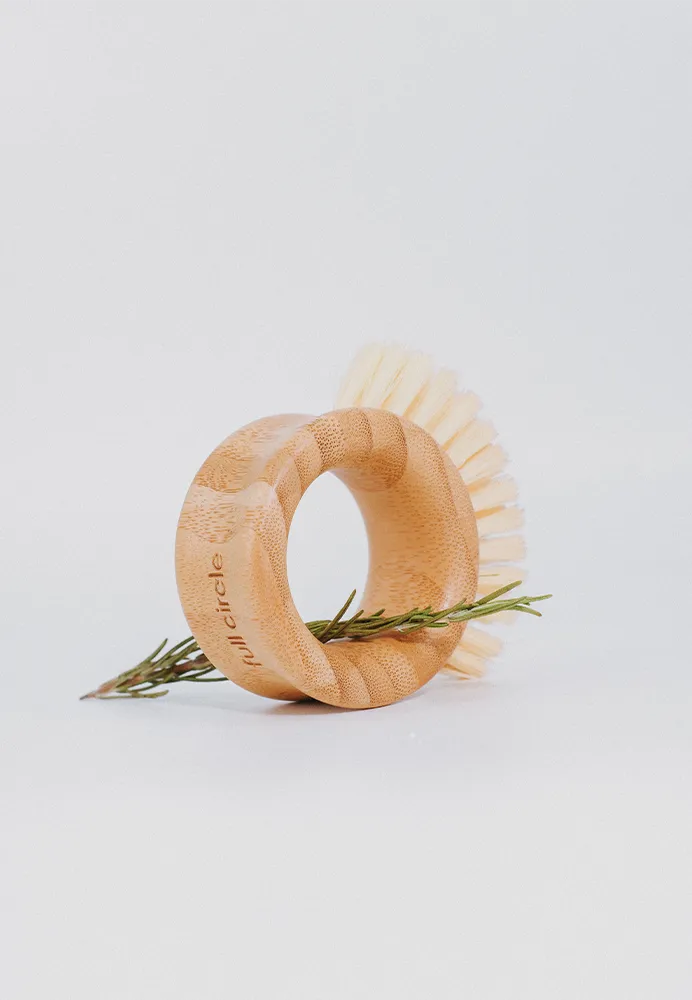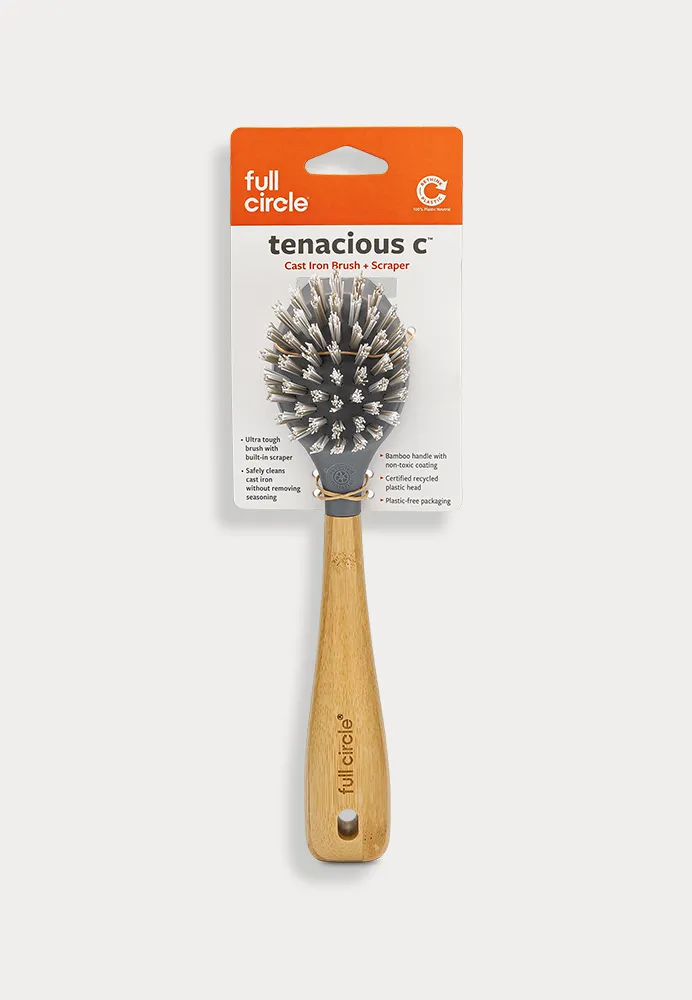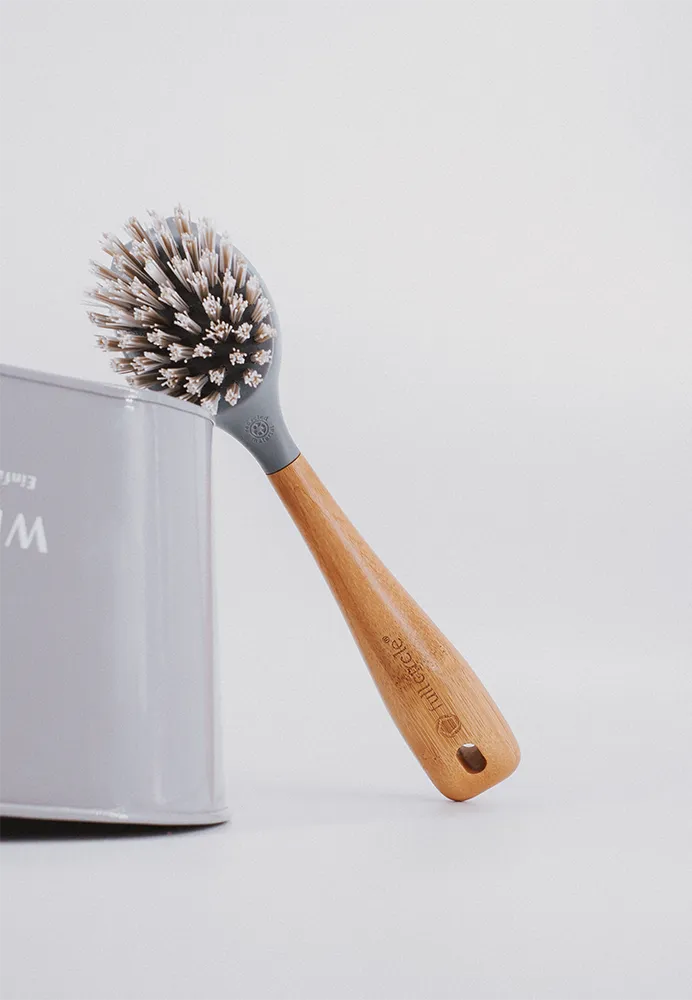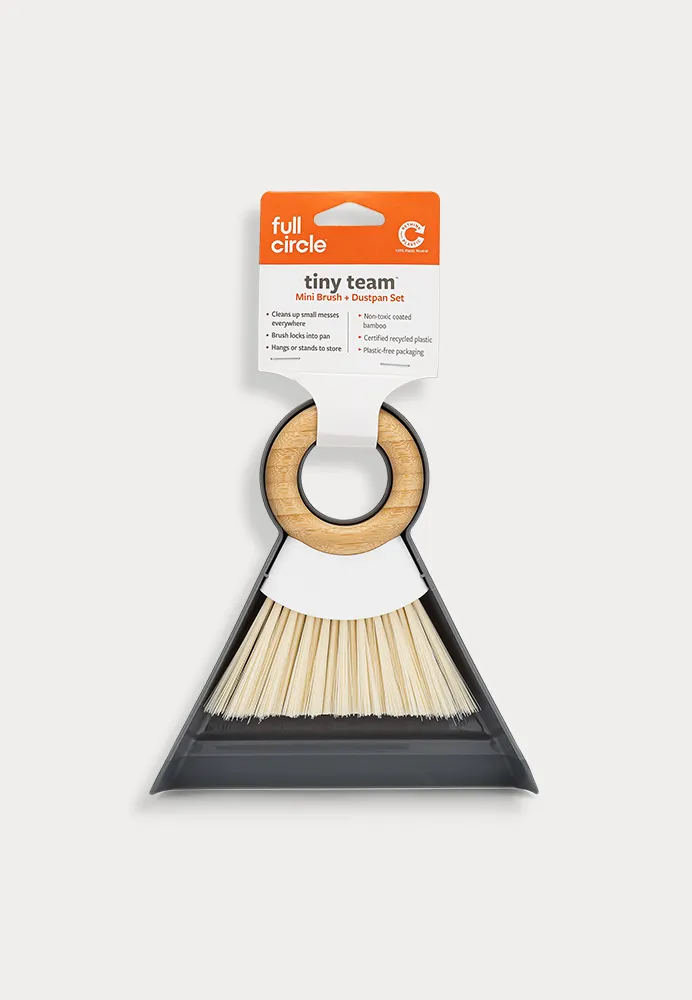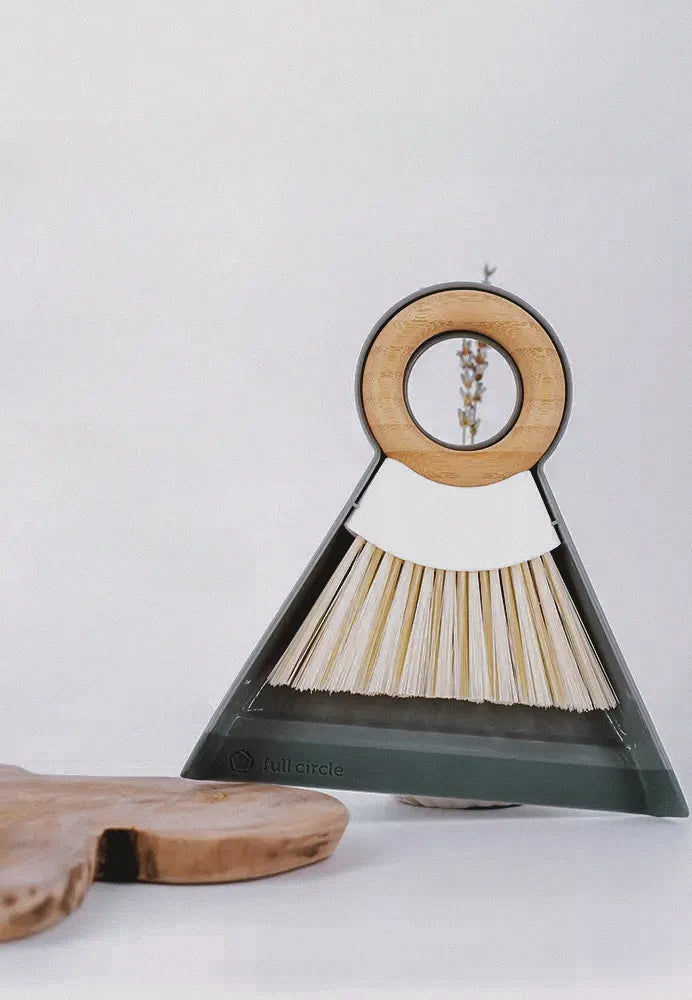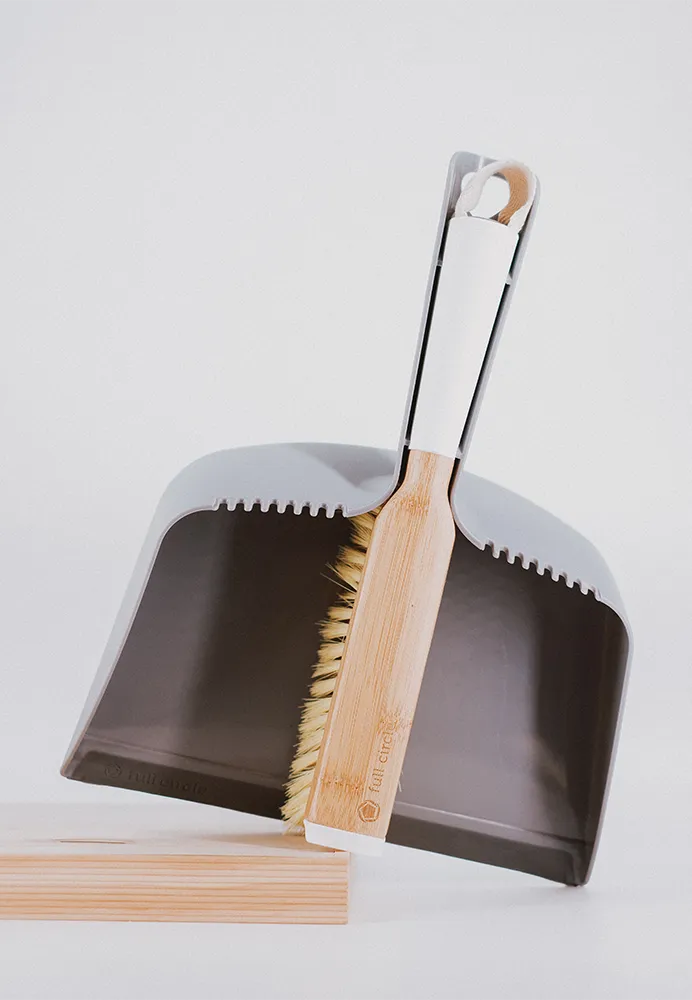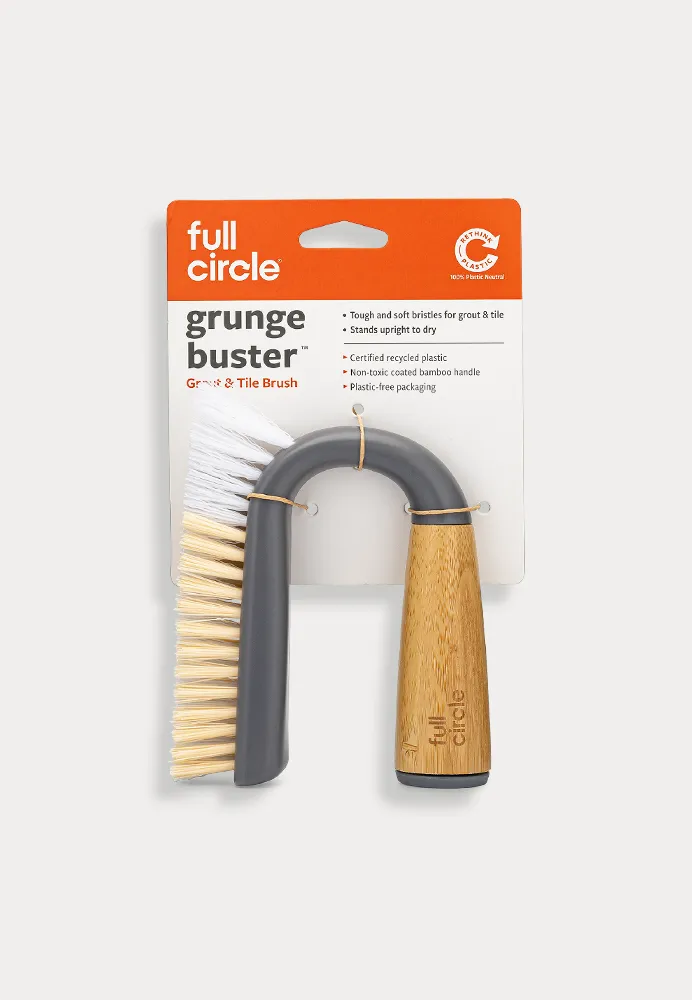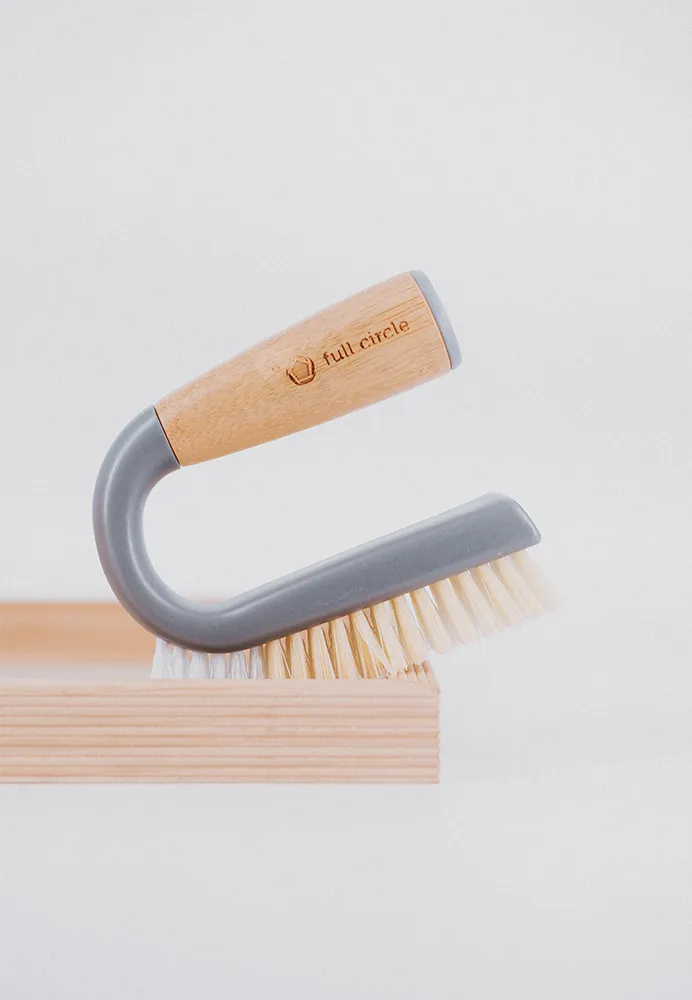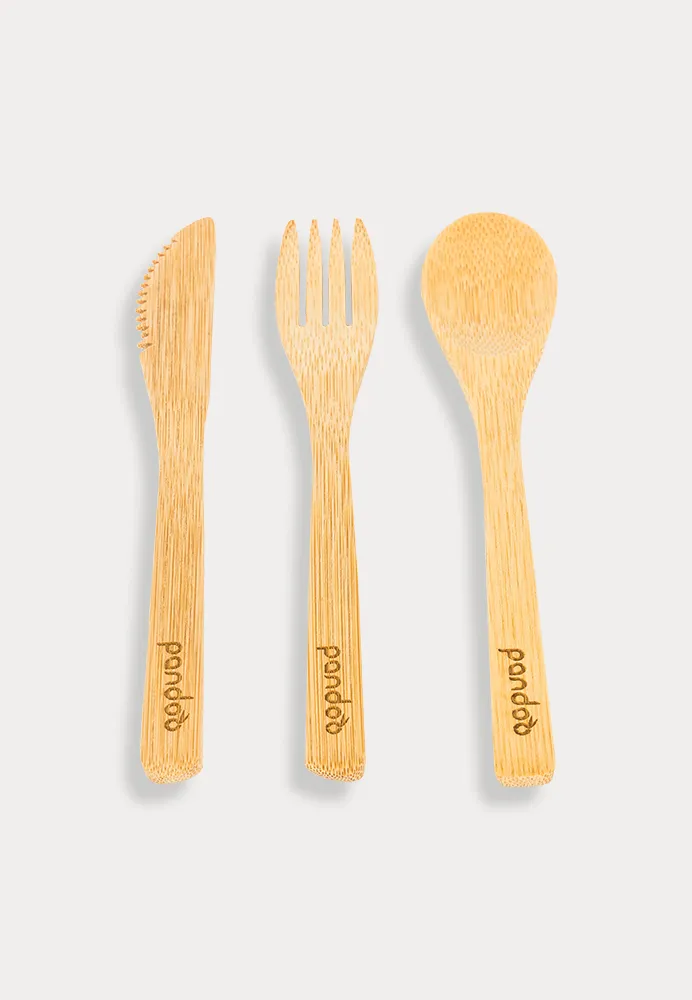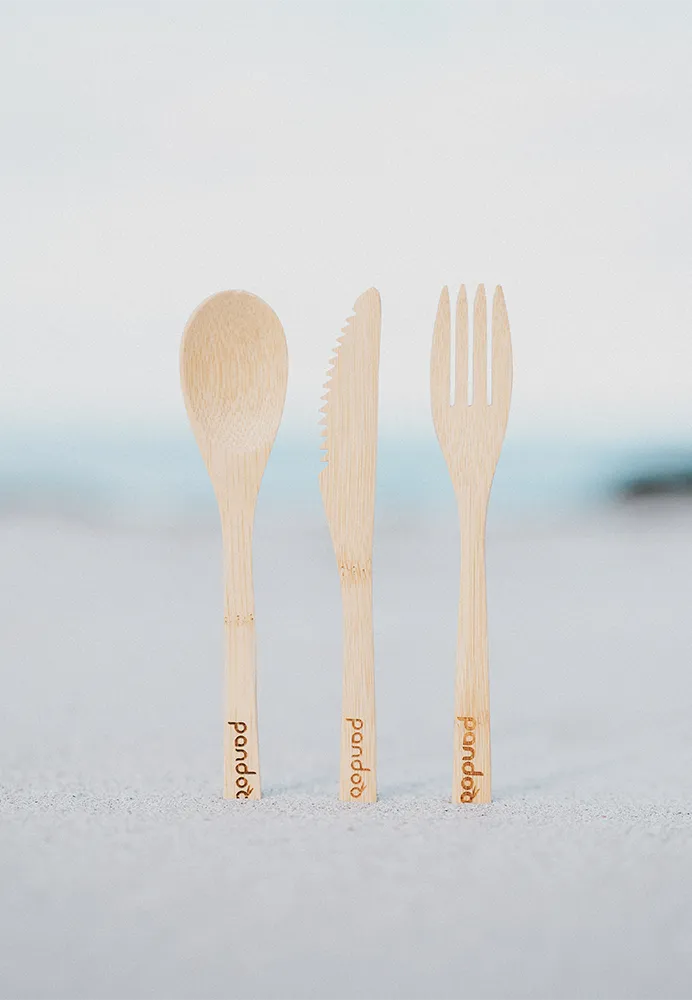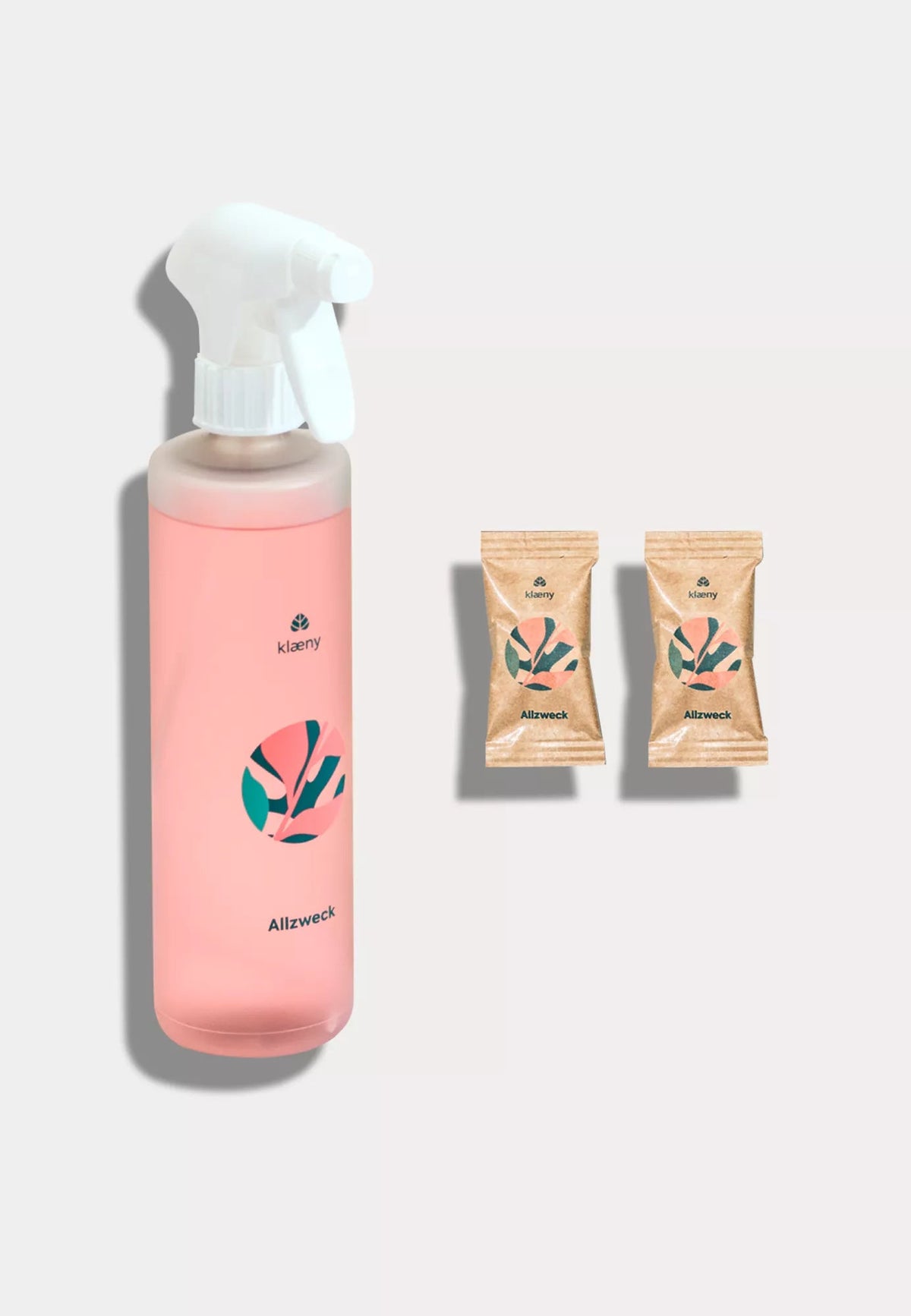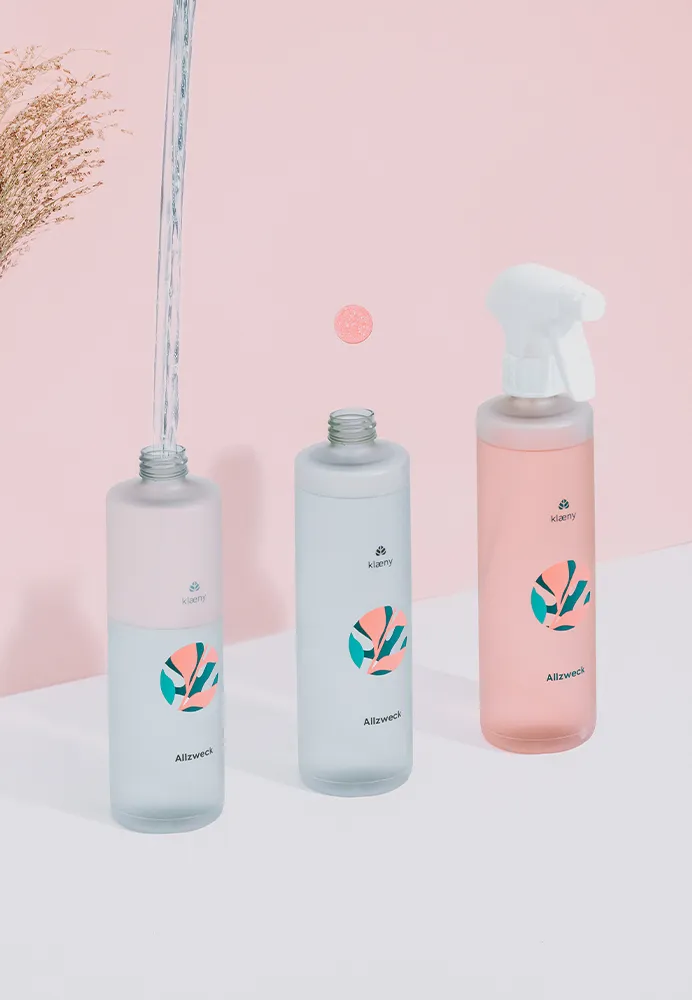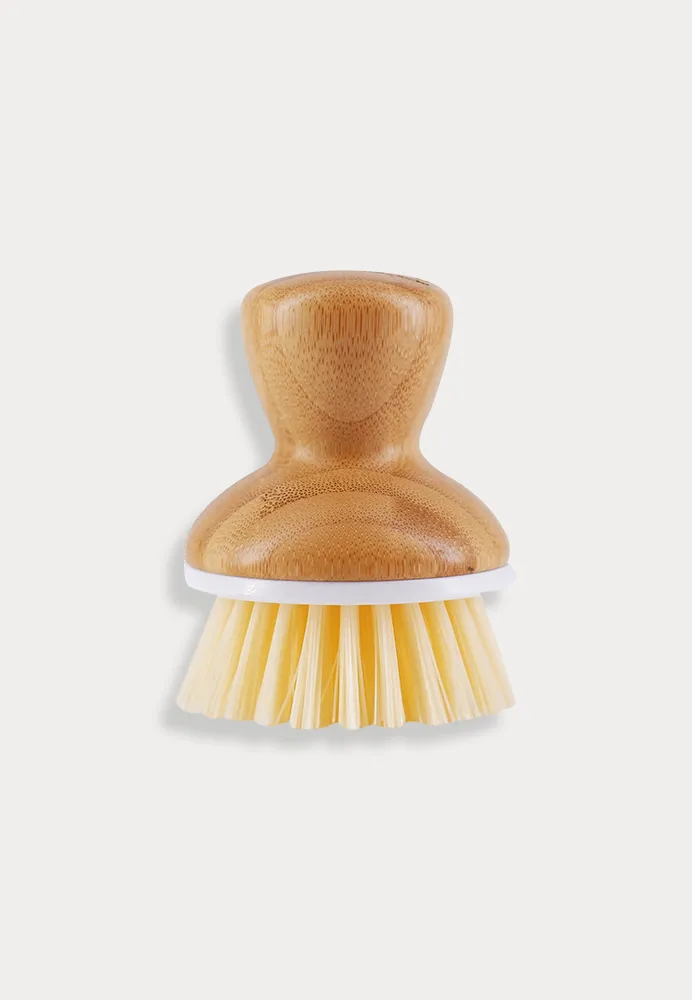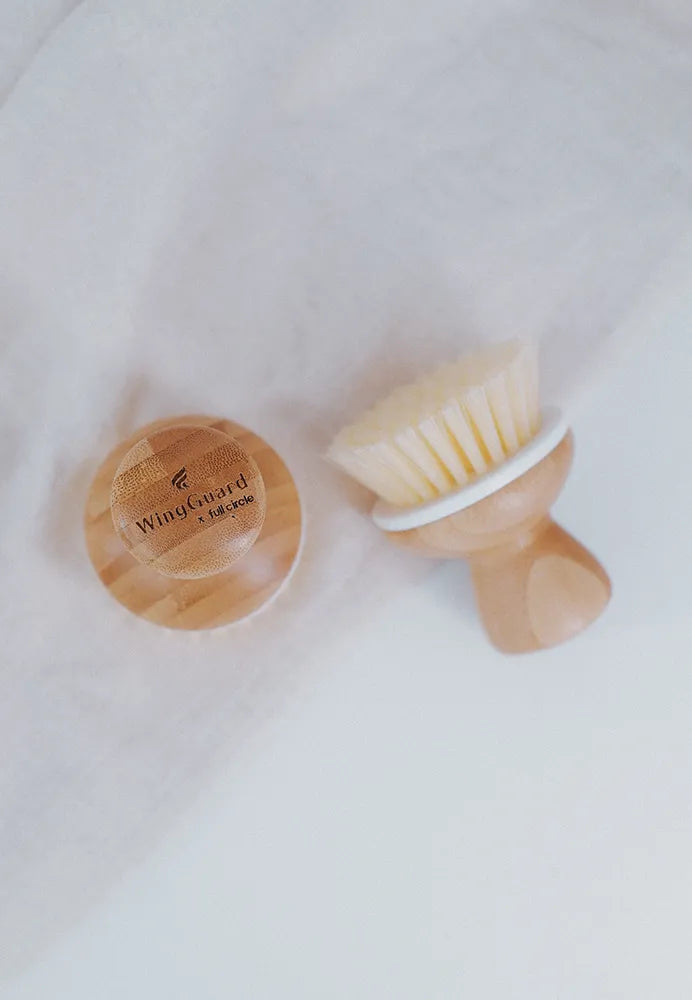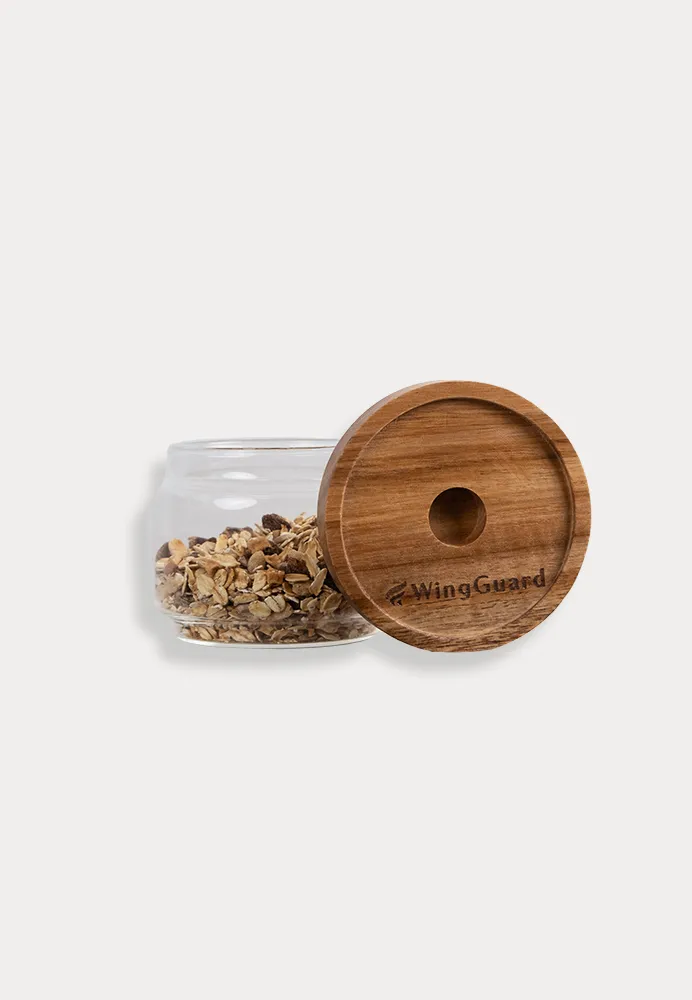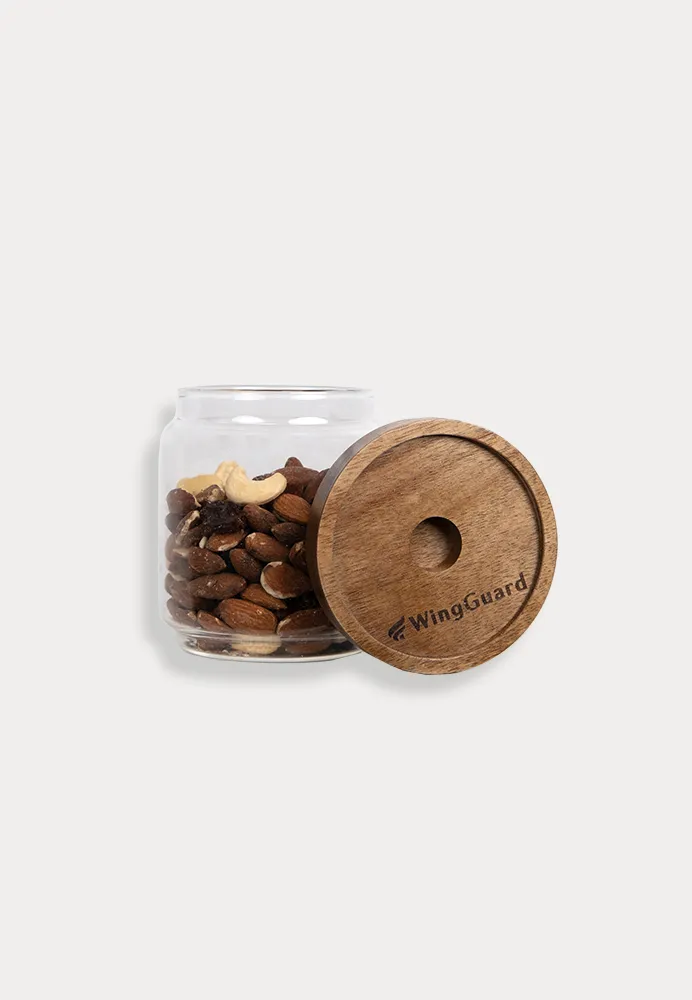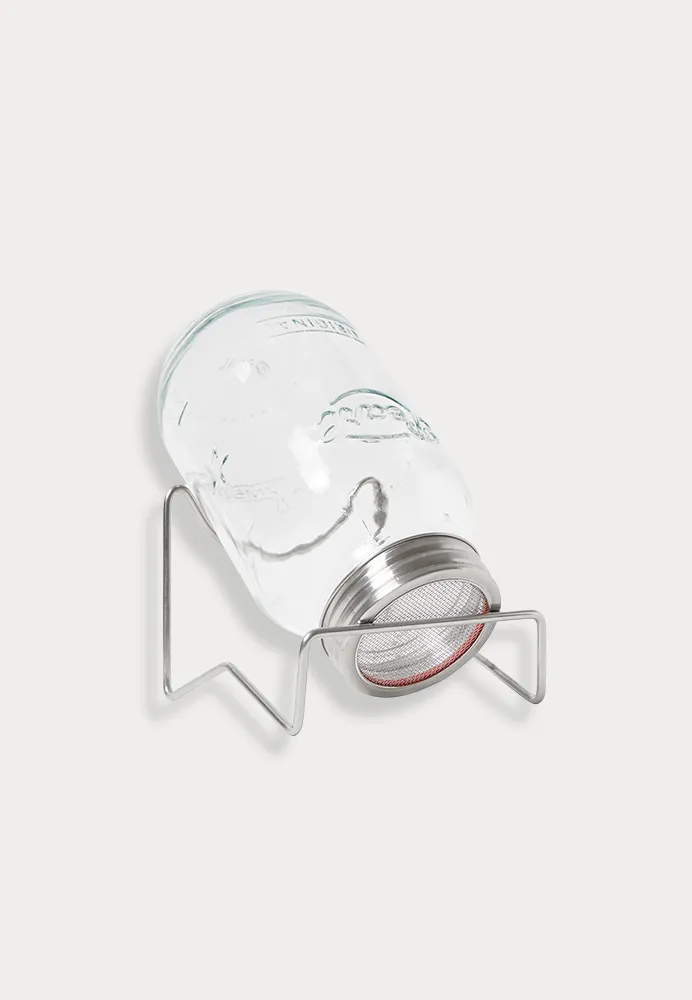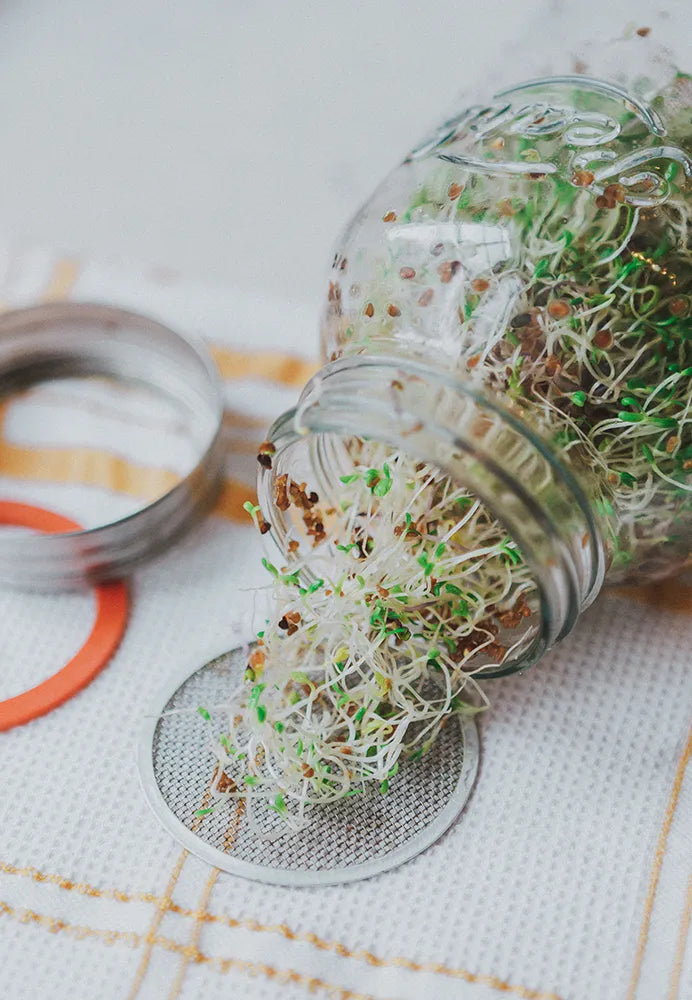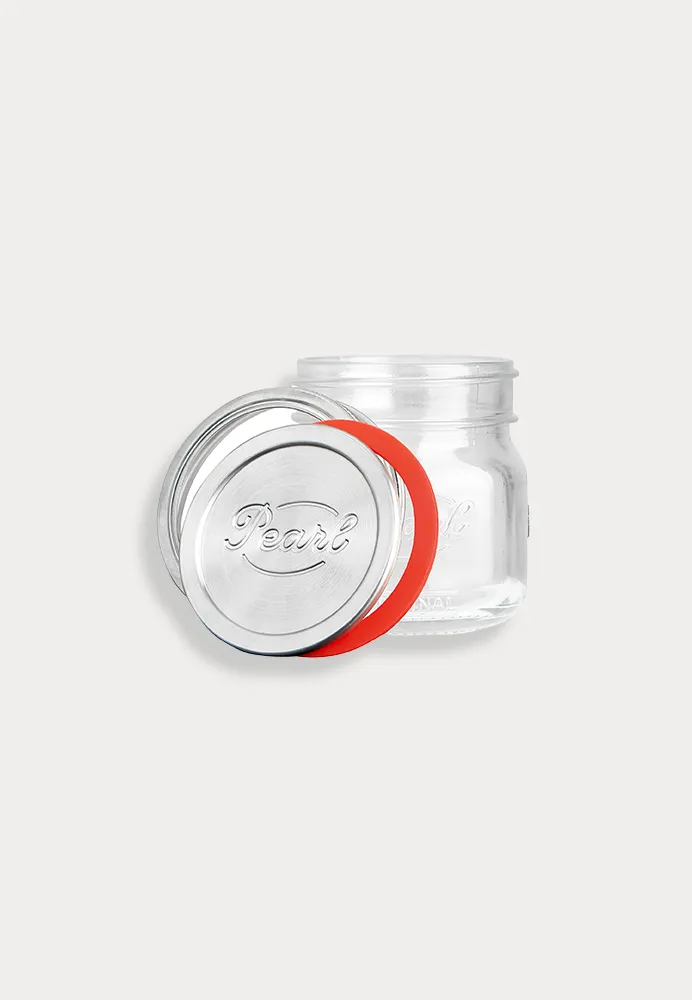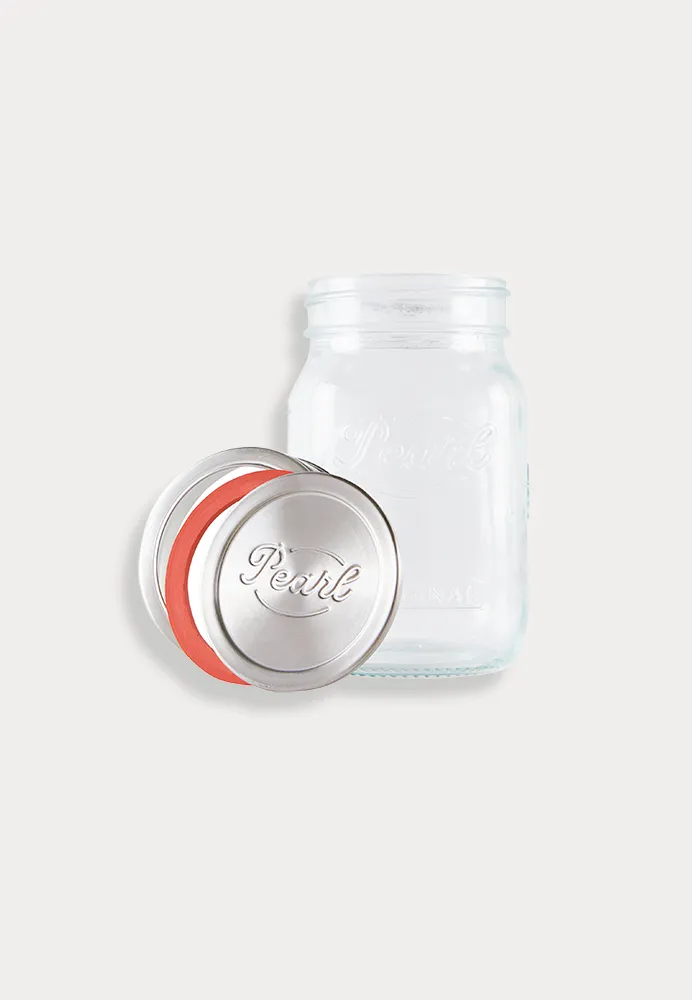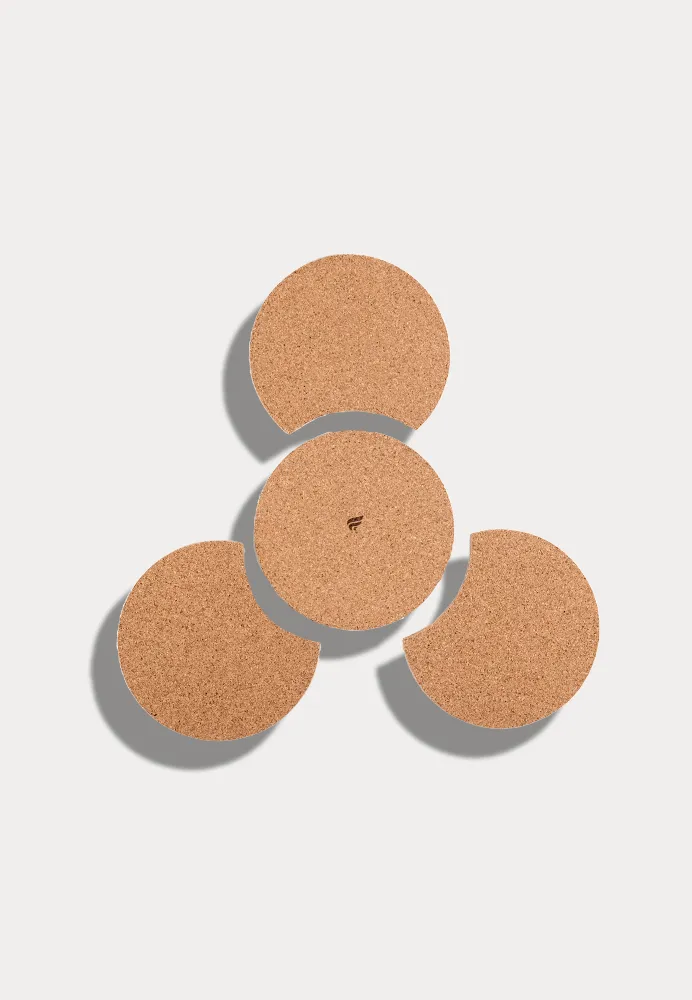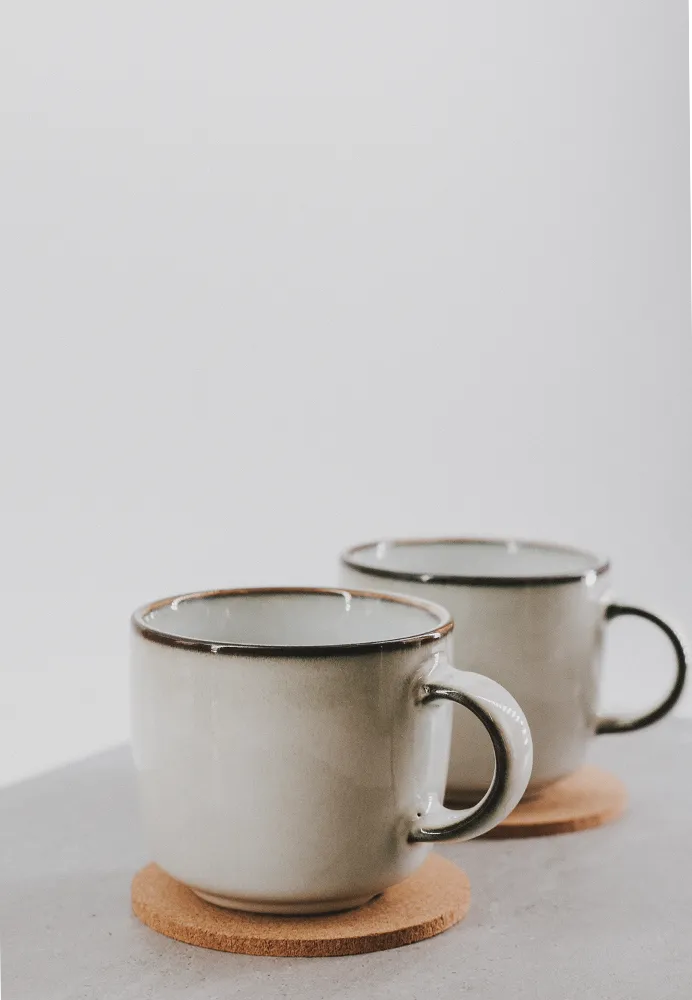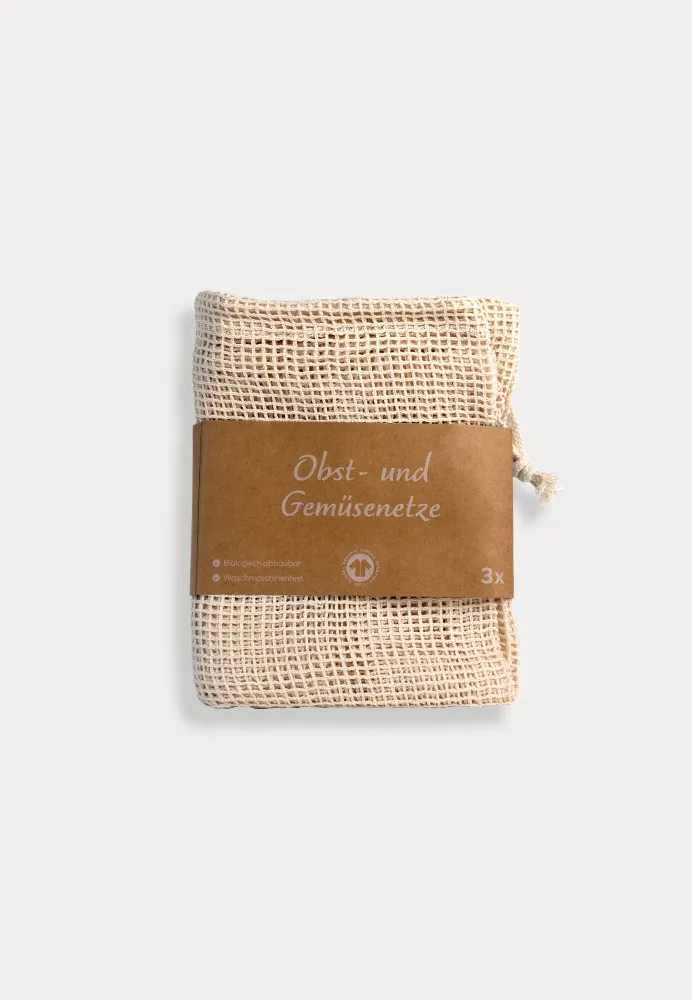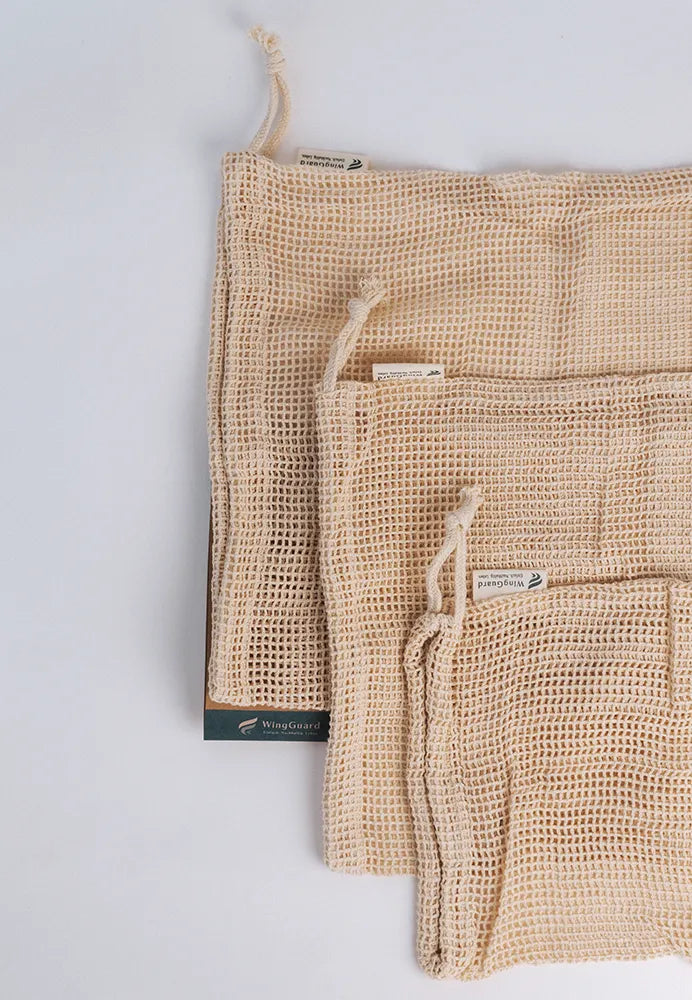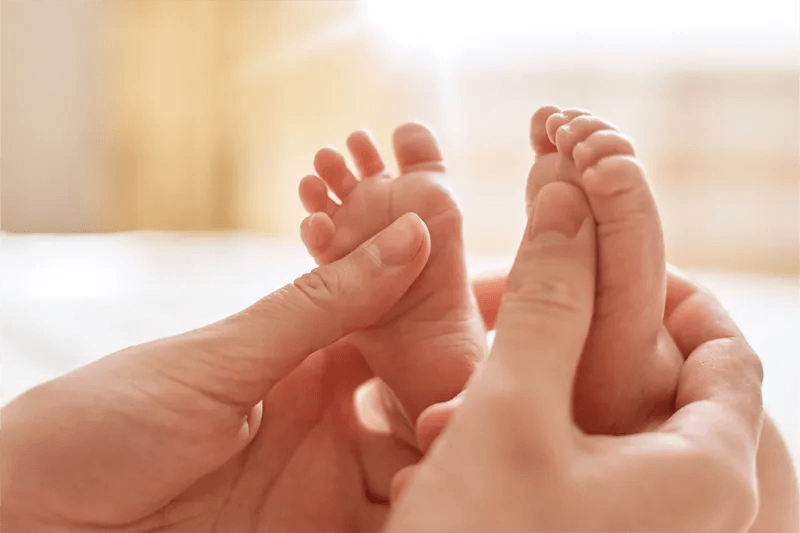Getting started with a sustainable lifestyle is not always easy and it is often easier in some areas of our everyday life than in others. So here are a few tips, sorted by the three most important rooms in your home, on how you can equip and design your household with sustainable product alternatives.
Of course it is impossible to list every good tip and all sustainable product alternatives in our magazine article. That's why you'll find what we think are the simplest clues here. At the end of the article we have also listed a number of products for you that you can order directly from our shop. If you still miss something or have further tips and product ideas for us, please write to us. Either via our contact form on the website or on our social media channels ( Facebook , Instagram , TikTok ) .

The bathroom
Like many others, you probably start your day in the bathroom. Here you can start your day with environmental protection shortly after getting up, without having to leave the house.
Take a quick look around: do you see soaps and cosmetics in plastic bottles with ingredients with complicated names on them? When buying later, it is better to use solid alternatives and natural cosmetic products. These usually come packaged in cardboard or reusable containers and you can be sure that no environmentally harmful chemicals end up in the waste water. Just look out for seals such as the BDIH test mark for controlled natural cosmetics, the Natrue seal for natural and organic cosmetics or the ECOCERT , which, in addition to cosmetics, also distinguishes cleaning agents, organic candles and room fragrances.
Bamboo toothbrushes are no longer a novelty either, but did you know that there are also sustainable attachments for your electric toothbrush? Depending on the model, these are even made of bamboo. So you don't have to do without the luxury of an electric toothbrush to practice sustainable oral hygiene.
But it doesn't stop there. There are also sustainable alternatives for your styling. Hairspray, styling cream, hair brushes and elastics. You can now find all this and much more in an environmentally friendly, plastic-free and fair trade form.

The kitchen
Morning coffee is part of your routine? You are not alone with that. You probably already have a reusable cup for on the go. Class! But cups, crockery, cutlery and even your favorite mug will eventually need to be washed. And then potentially environmentally harmful products are used. Or not, because there are now detergents and dishwasher tabs that are biodegradable and do not contain microplastics; strong against dirt and gentle on the environment. If you have a dishwasher, always fill it up completely before turning it on. Anything else would be a waste of energy and water.
When washing dishes, as well as when cooking, it also helps to use high-quality utensils. If you spend your money on sustainable quality products, it will be more worthwhile in the long run than constantly buying new plastic products, from which, in the worst case, harmful chemicals can also be released. But not every plastic product is bad. There are now many manufacturers who rely on recycled plastic and thus try to close the material cycle.
You can also make your cooking experience more ecological. You can easily store and transport leftovers, cut fruit and vegetables or sandwiches in stainless steel cans, silicone bags or screw-top jars. To save cling film or aluminum foil and resources at the same time, you can use reusable beeswax wraps.
Despite all efforts, the waste cannot always be avoided in the end. The best thing to do here is not only to separate it properly, but also to dispose of it in garbage bags that are either made from recycled plastic or, in the case of organic waste, are biodegradable. If you are unsure whether you are allowed to dispose of biodegradable garbage bags in your organic bin, simply call your responsible municipal waste disposal company. We will be happy to help you here.

The living room
Furniture, such as sofas and dining tables, are the focal point of the living room. Here you spend most of your time with friends, family and feeling good. When buying new furniture, you should pay attention not only to comfort, but also to sustainability and longevity. Avoid furniture made of tropical wood and instead use wood from sustainable forestry. You can recognize this, for example, by the FSC seal for paper and wood products. When it comes to furniture with upholstery and home textiles, you should also make sure that they are free of harmful substances and made from sustainably produced materials. Seals such as kbA , which stands for "controlled organic cultivation", Öko-Tex and GOTS , short for "Global Organic Textile Standard", help you with the assessment.
A new purchase is not absolutely necessary. Sometimes it is enough to upgrade the old furniture yourself, redecorate it or replace it with other used furniture.
But not only furniture makes your living room comfortable. It only becomes really cozy with the right decoration. The same tips apply here as for furniture: pay attention to the appropriate seal for decorative items made of wood and other natural materials or buy them used. A visit to a flea market is always worth an experience. Candlesticks, pictures, figurines, all of this is available here in different shapes and colors and with a bit of luck you will even find a unique vintage piece that suits your taste. By the way, taste is also a good keyword. If you know your own style, you automatically only buy things that you like instead of chasing trends and you don't get tired of them as quickly.
Speaking of trends: indoor plants have experienced a veritable revival in recent years. No wonder, they are not only an eye-catcher in every living room, but also improve the indoor climate. If you are also one of the plant fans, pay attention to whether they carry an organic seal when you buy them. It's not very widespread in plants yet, but it exists. So why only pay attention to organic cultivation when it comes to food? In order to offer the plants optimal growth conditions, potting soil is often added to the soil. However, this often has long transport routes behind it and large amounts of carbon dioxide are also released during degradation. In order to keep your ecological balance as low as possible, it is better to use peat-free soil and simply give your plants a little more love in the form of homemade or organic fertilizers. Finally, most conventional plants only come in disposable plastic containers. In the long term, this creates large amounts of packaging waste that is not biodegradable. It is therefore best not to buy new ones and instead rely on exchange markets or your own cuttings.
As you can see, there are sustainable products and solutions for every room in your home. But you don't have to do everything at once. If you make your everyday life more environmentally friendly step by step, the sustainable lifestyle will come naturally. At the end of the day, it's not the products that make your life more sustainable, but the conscious choices you make.

